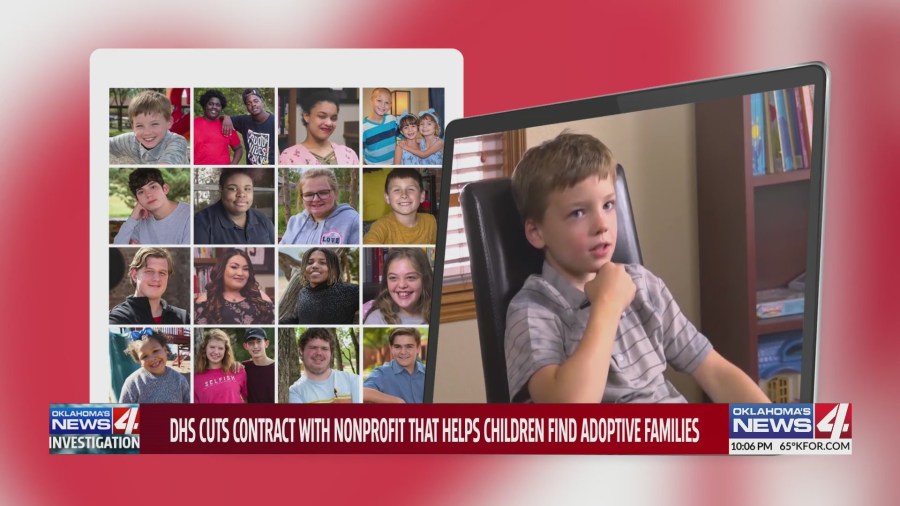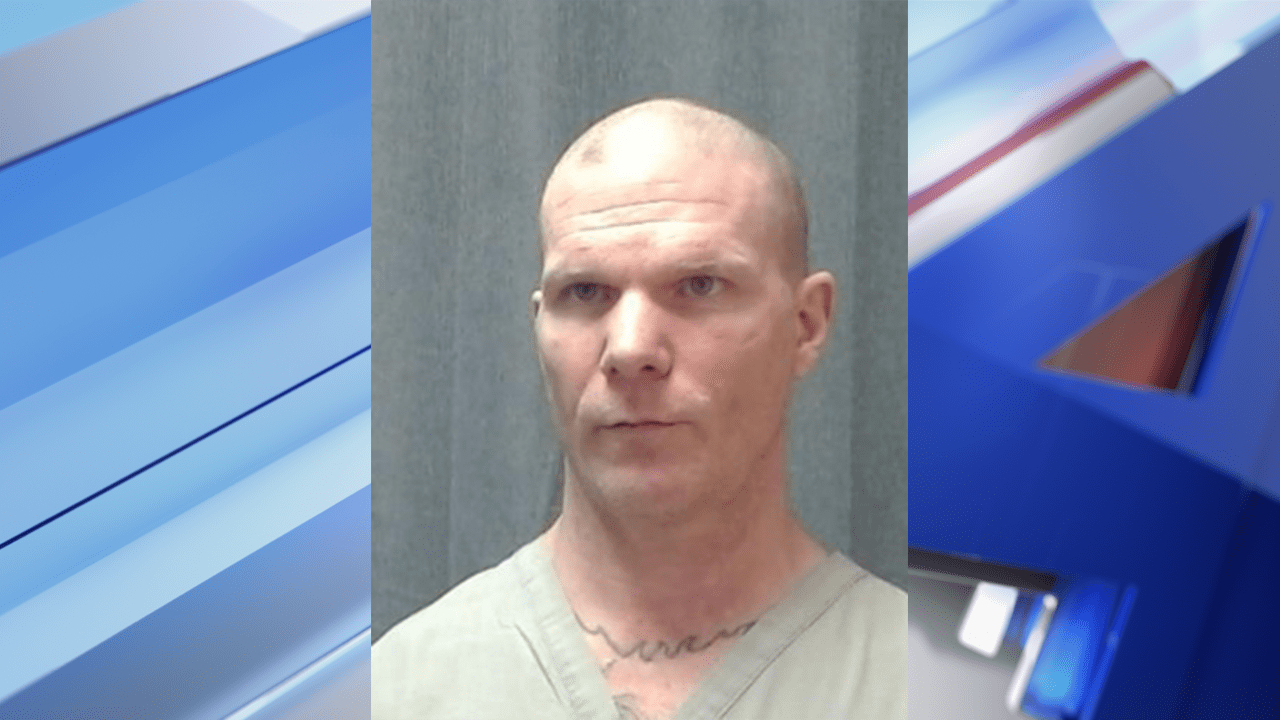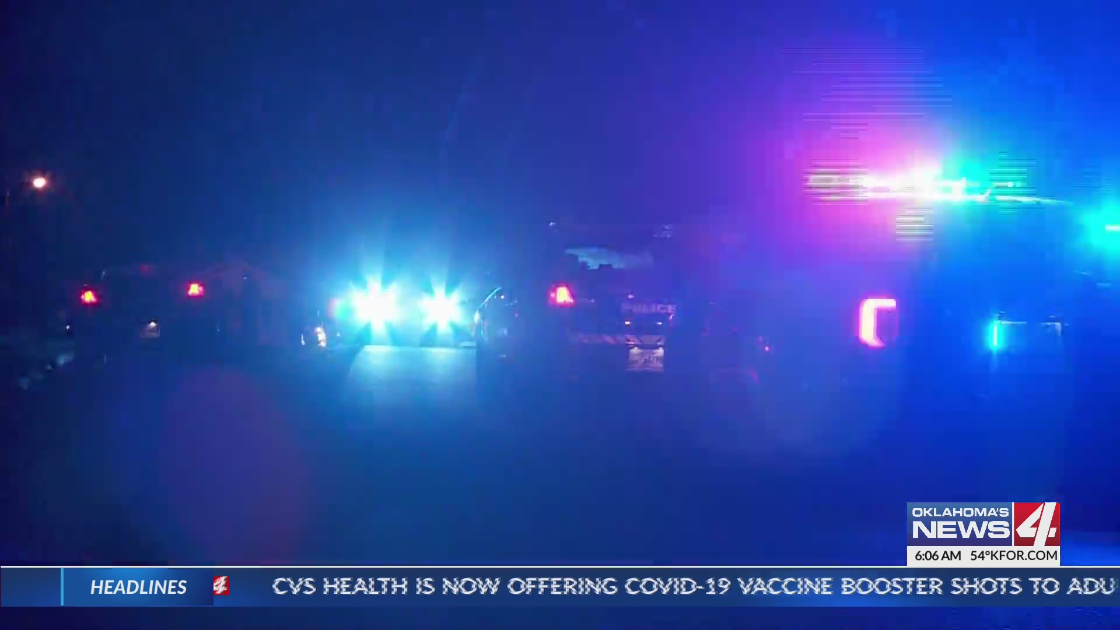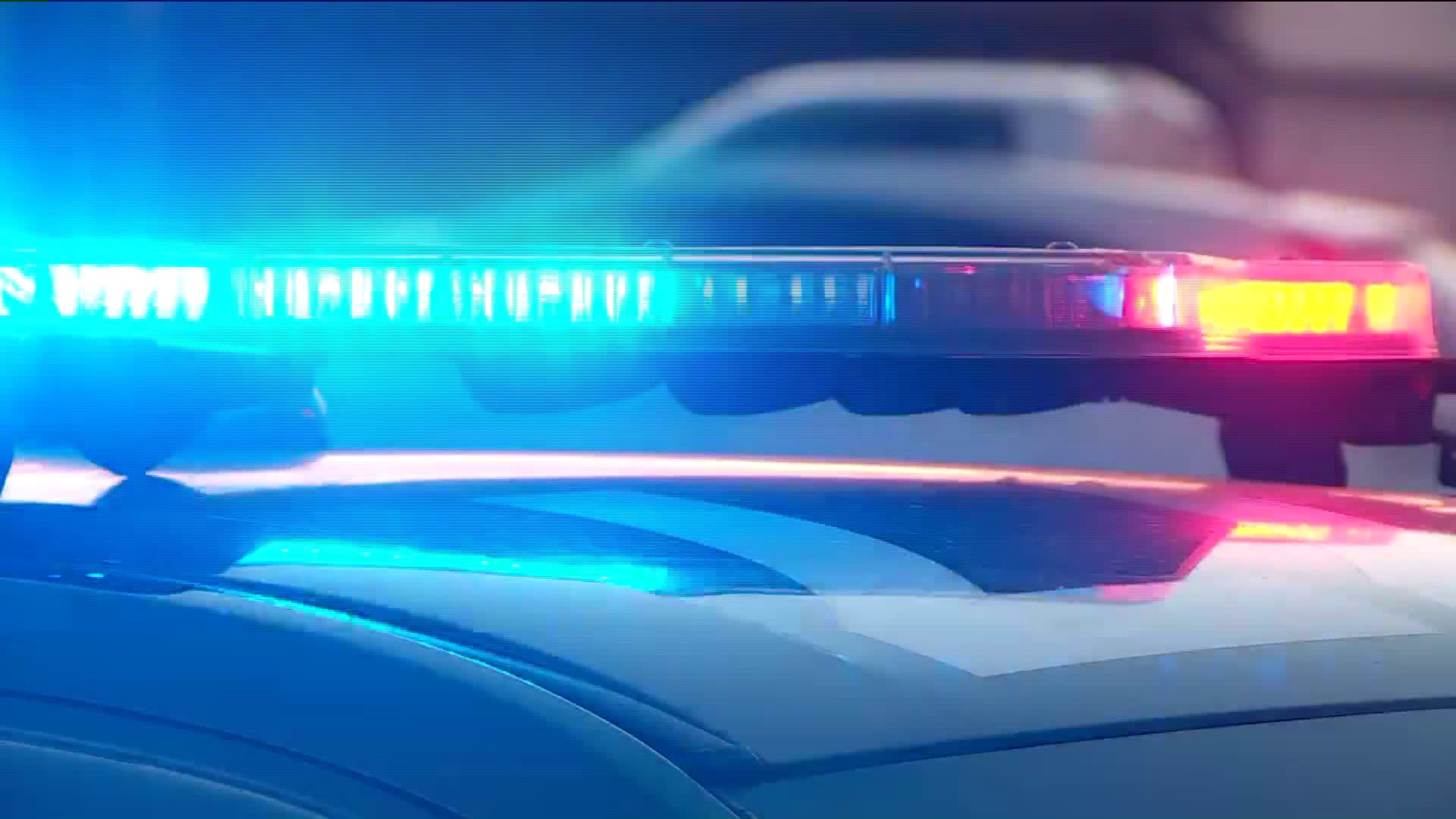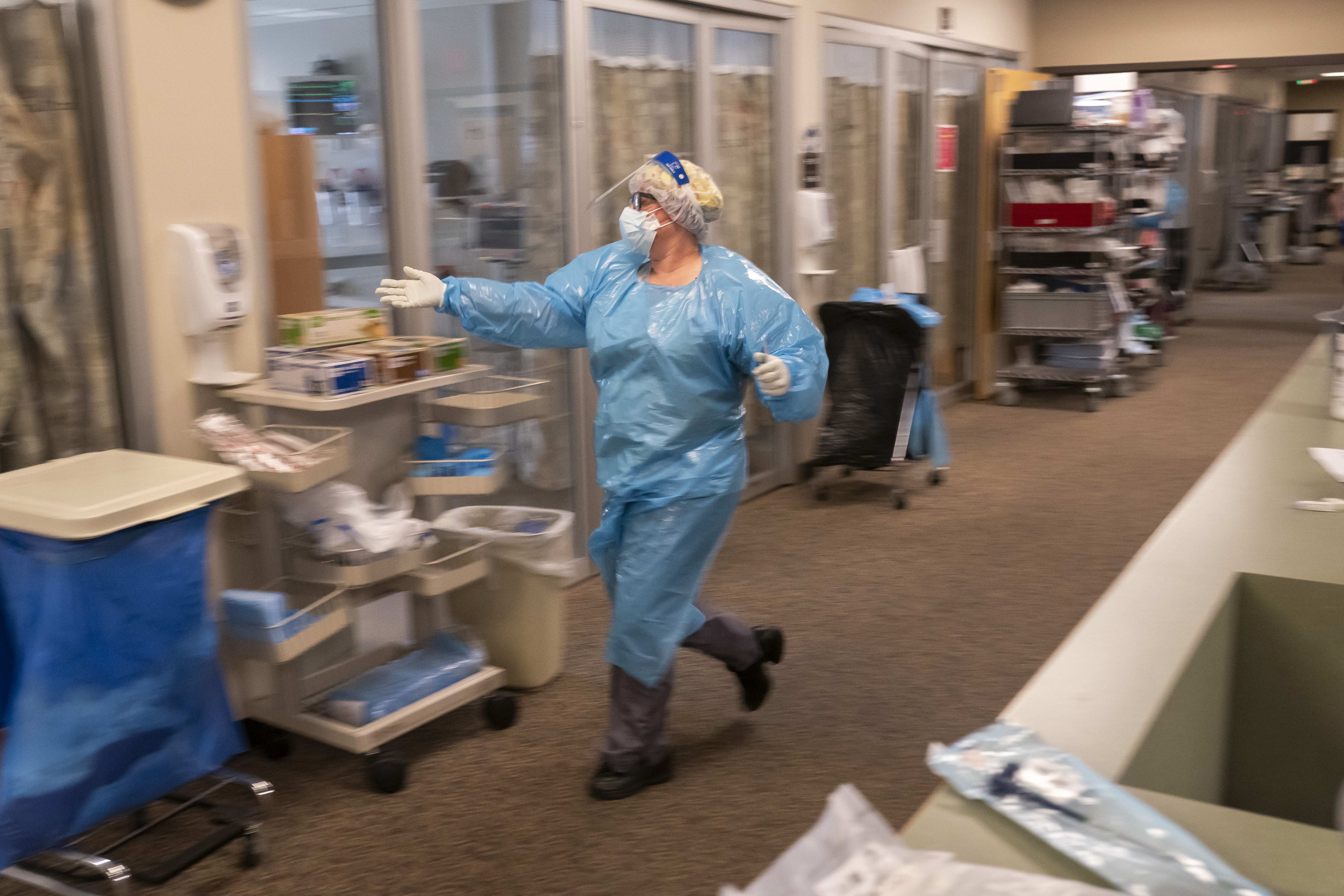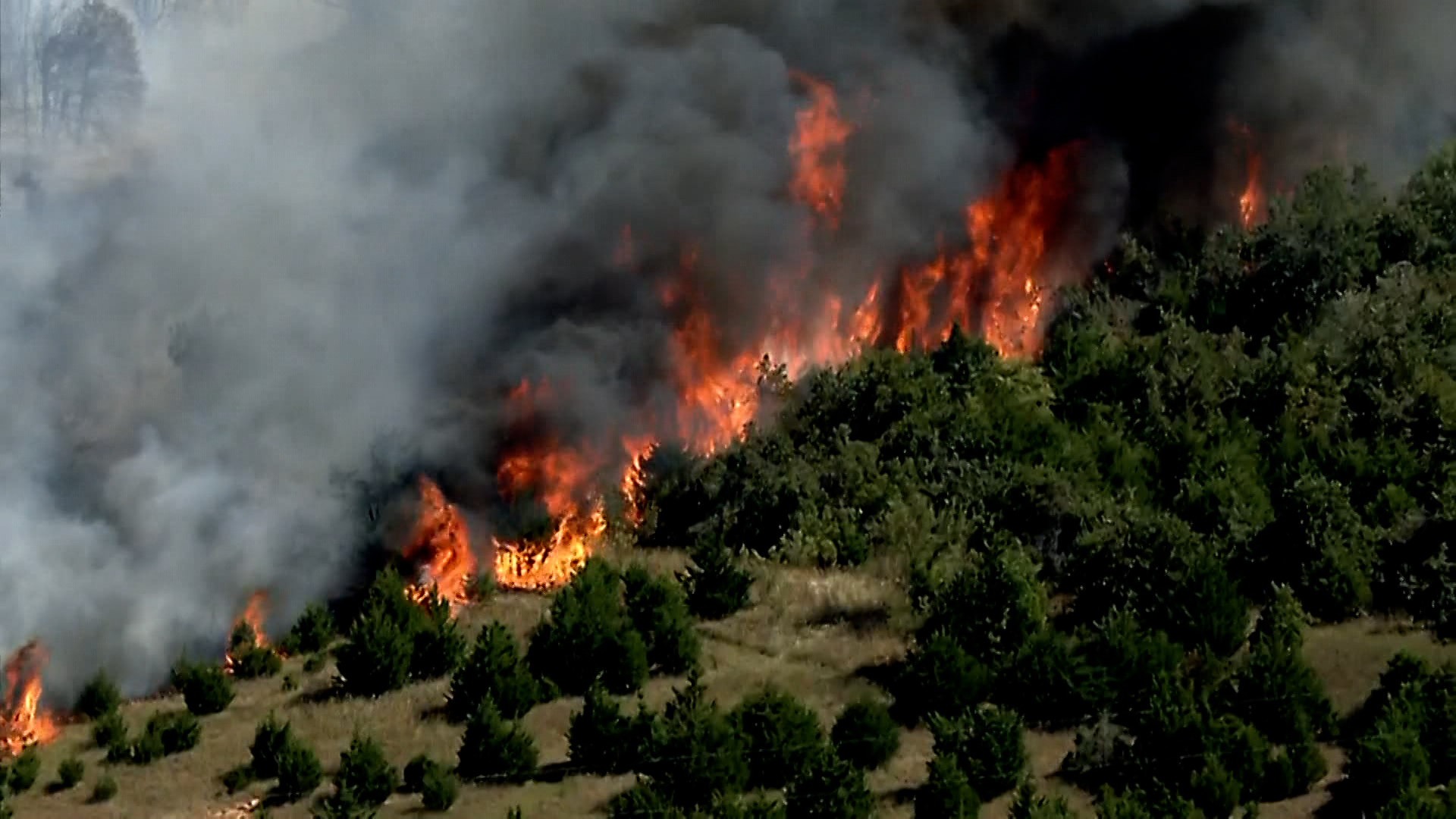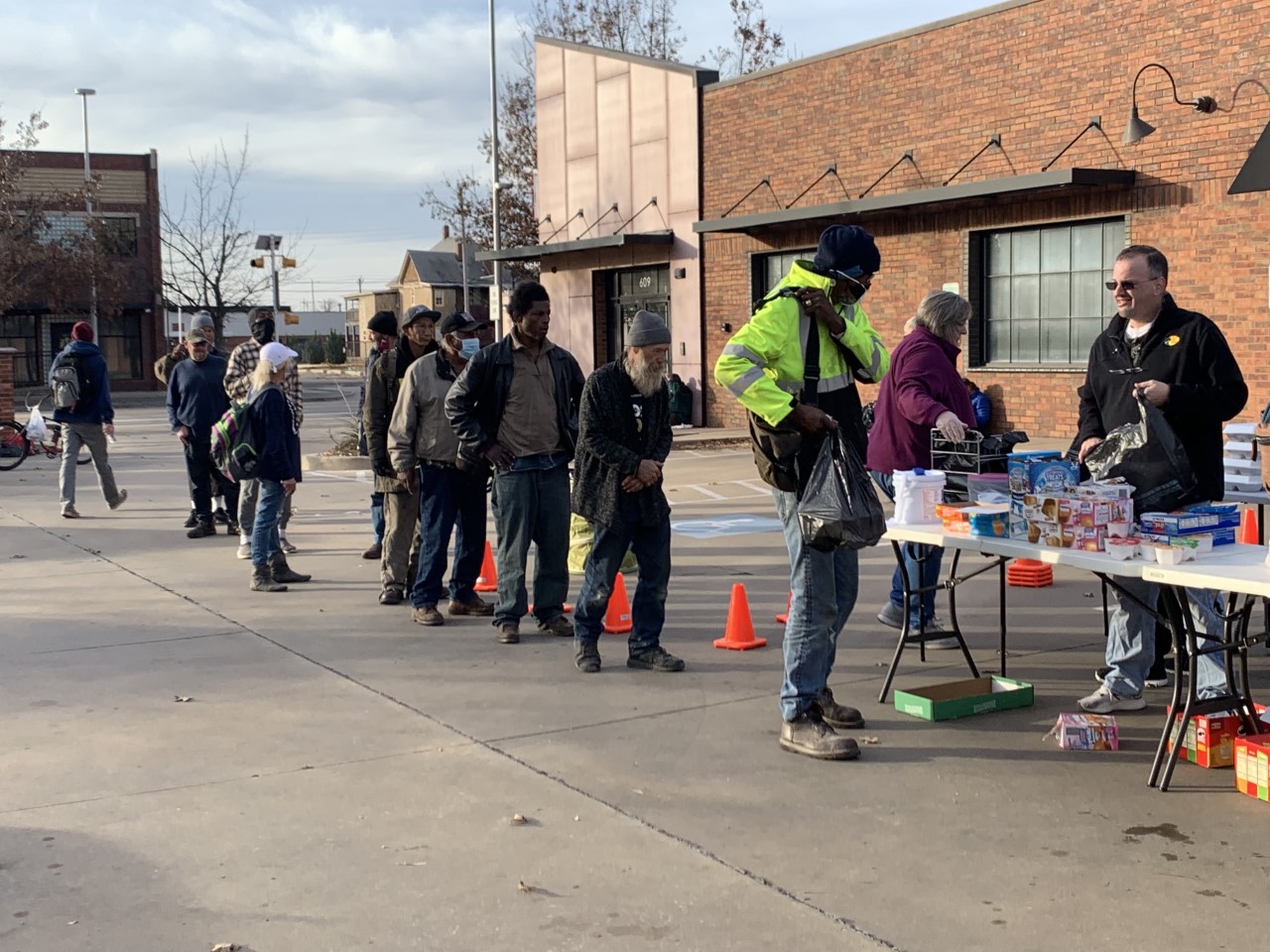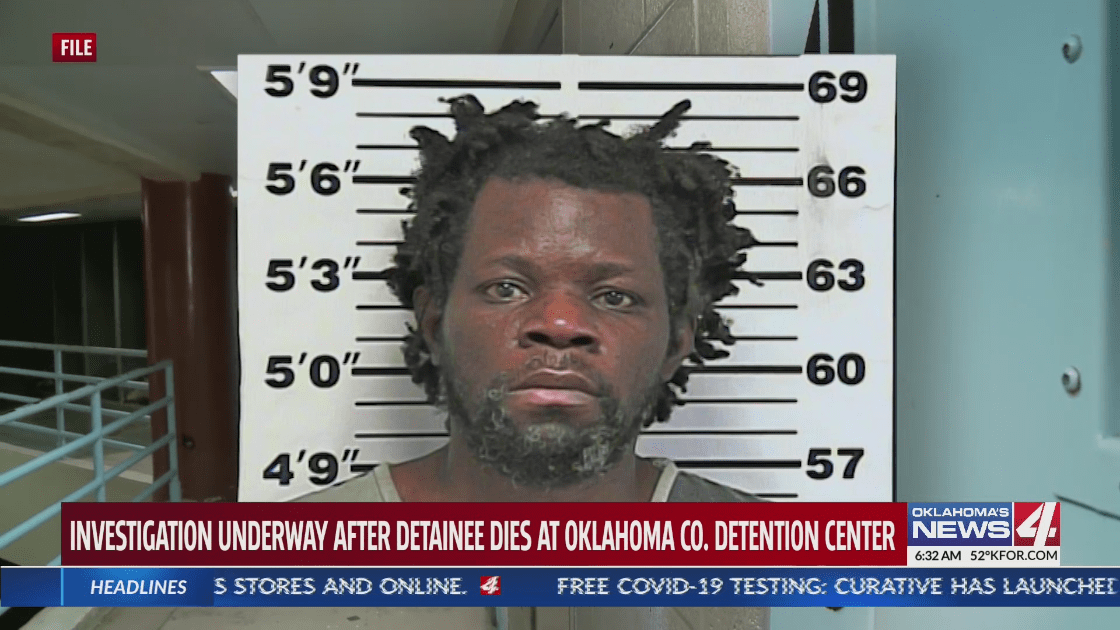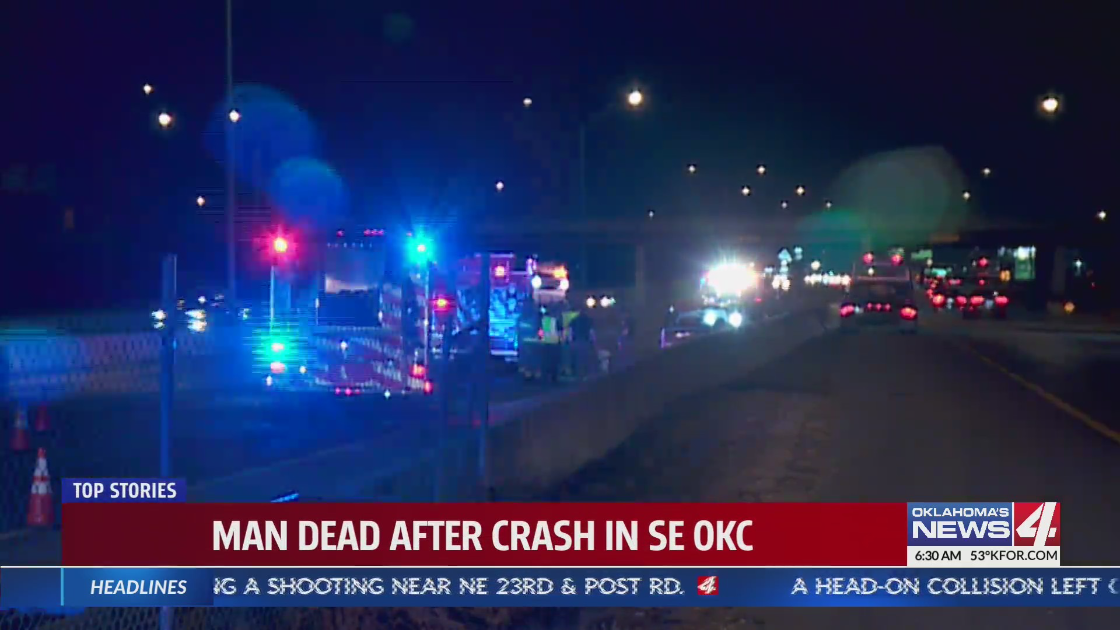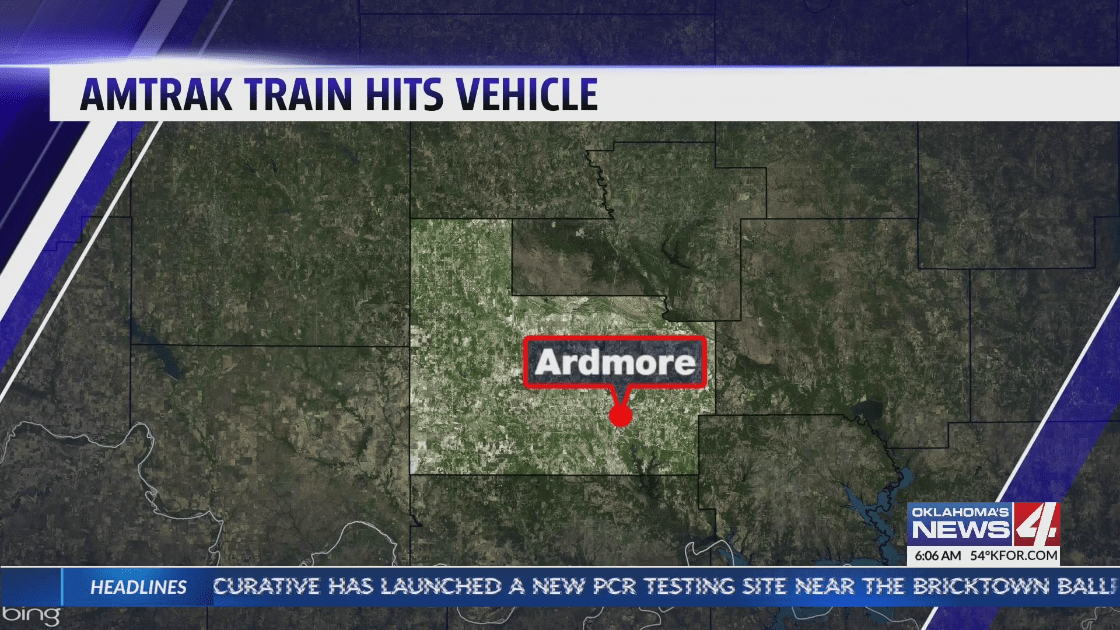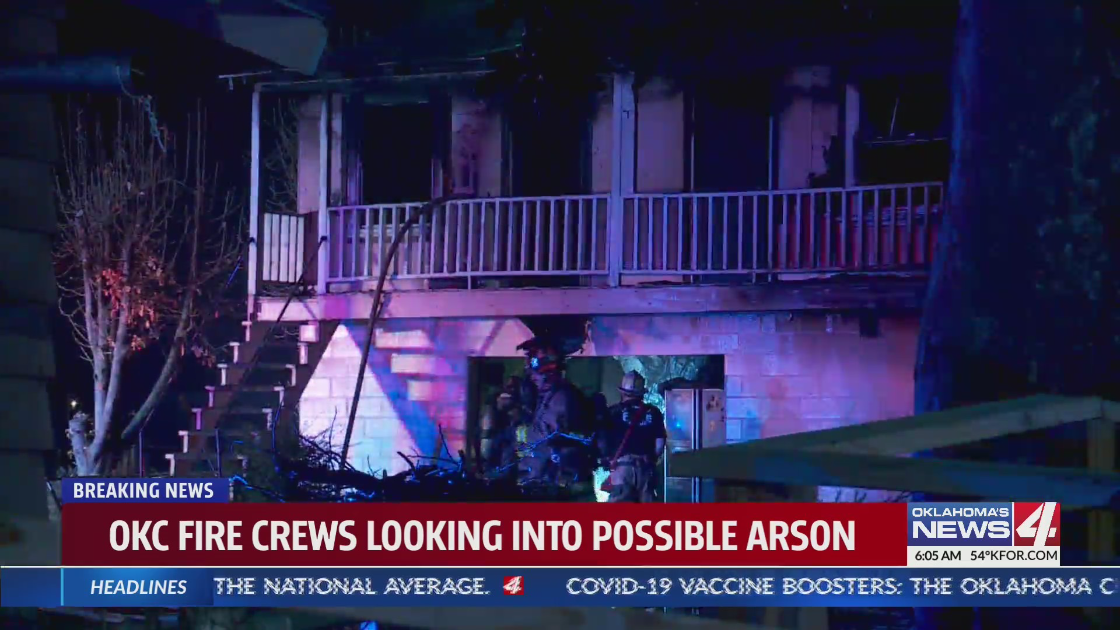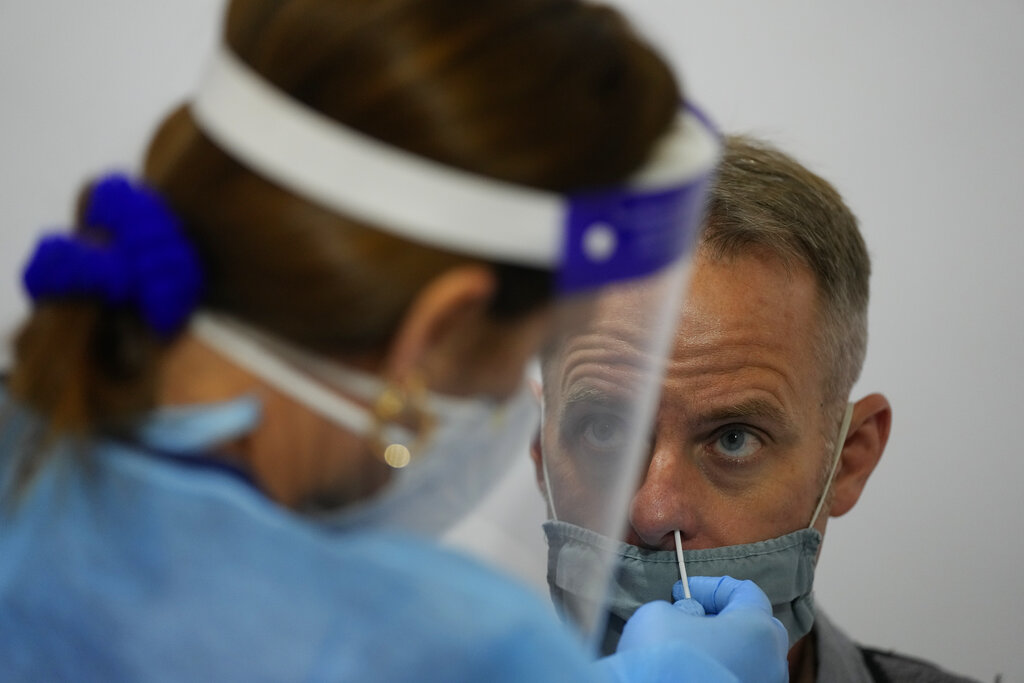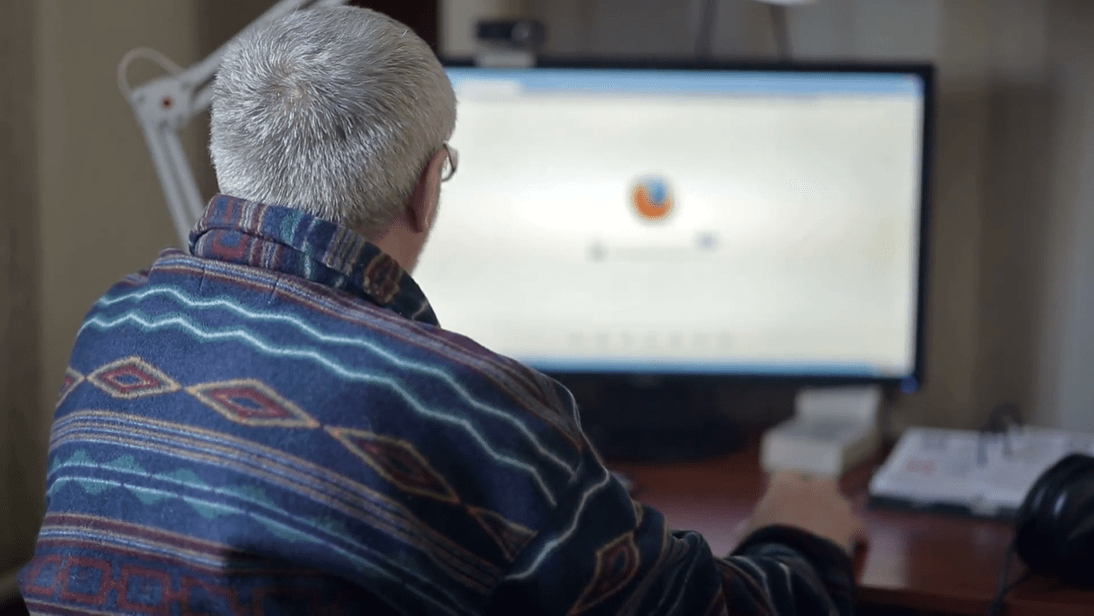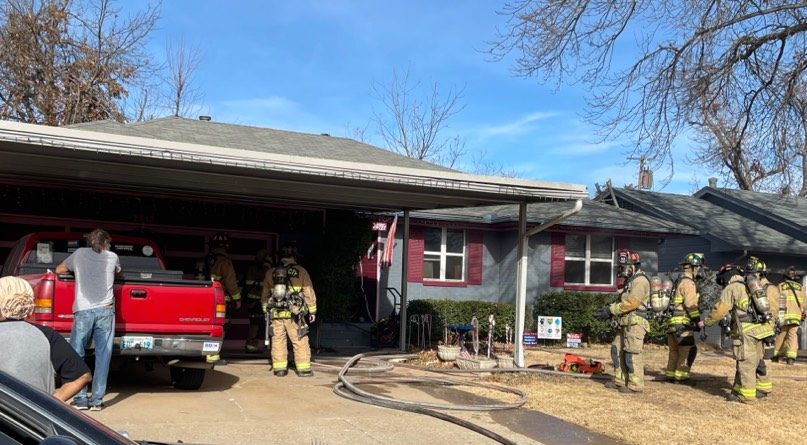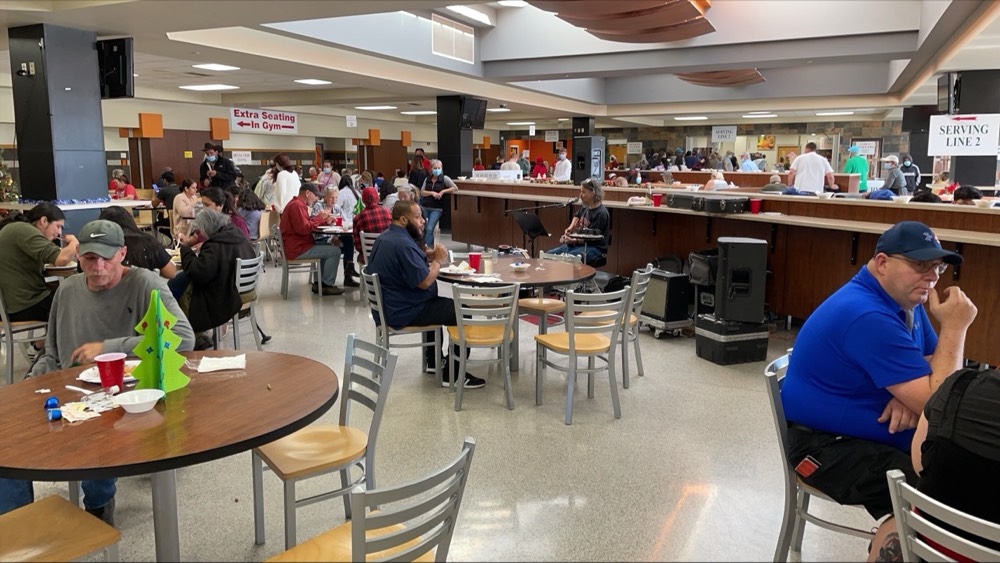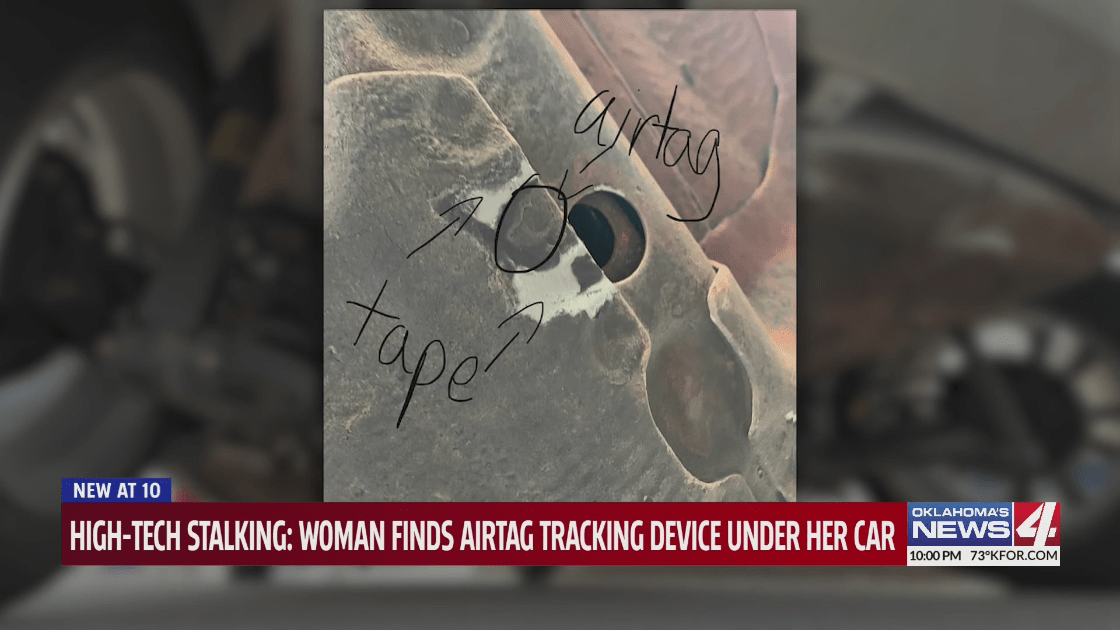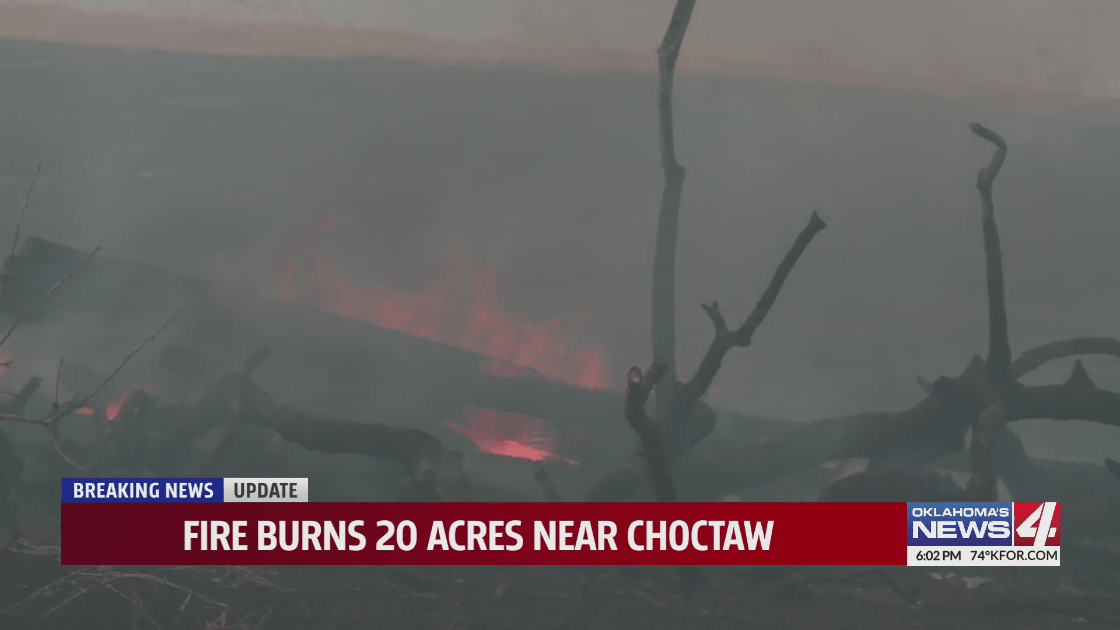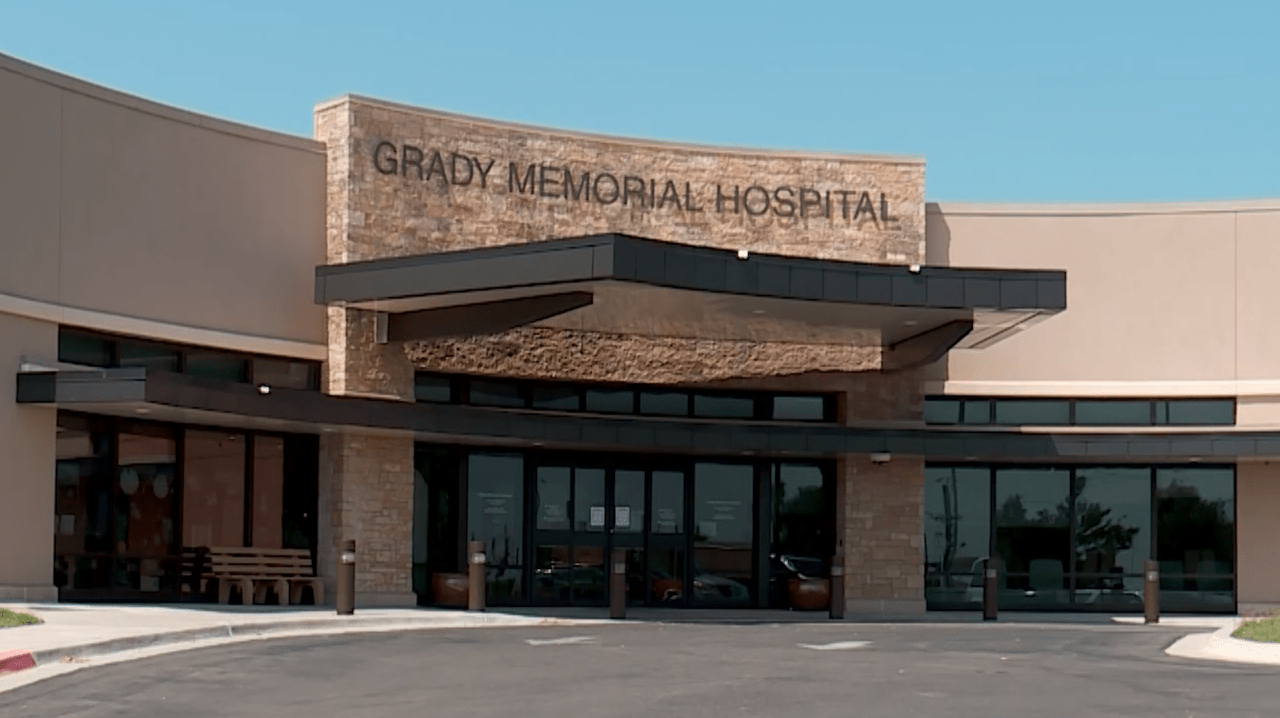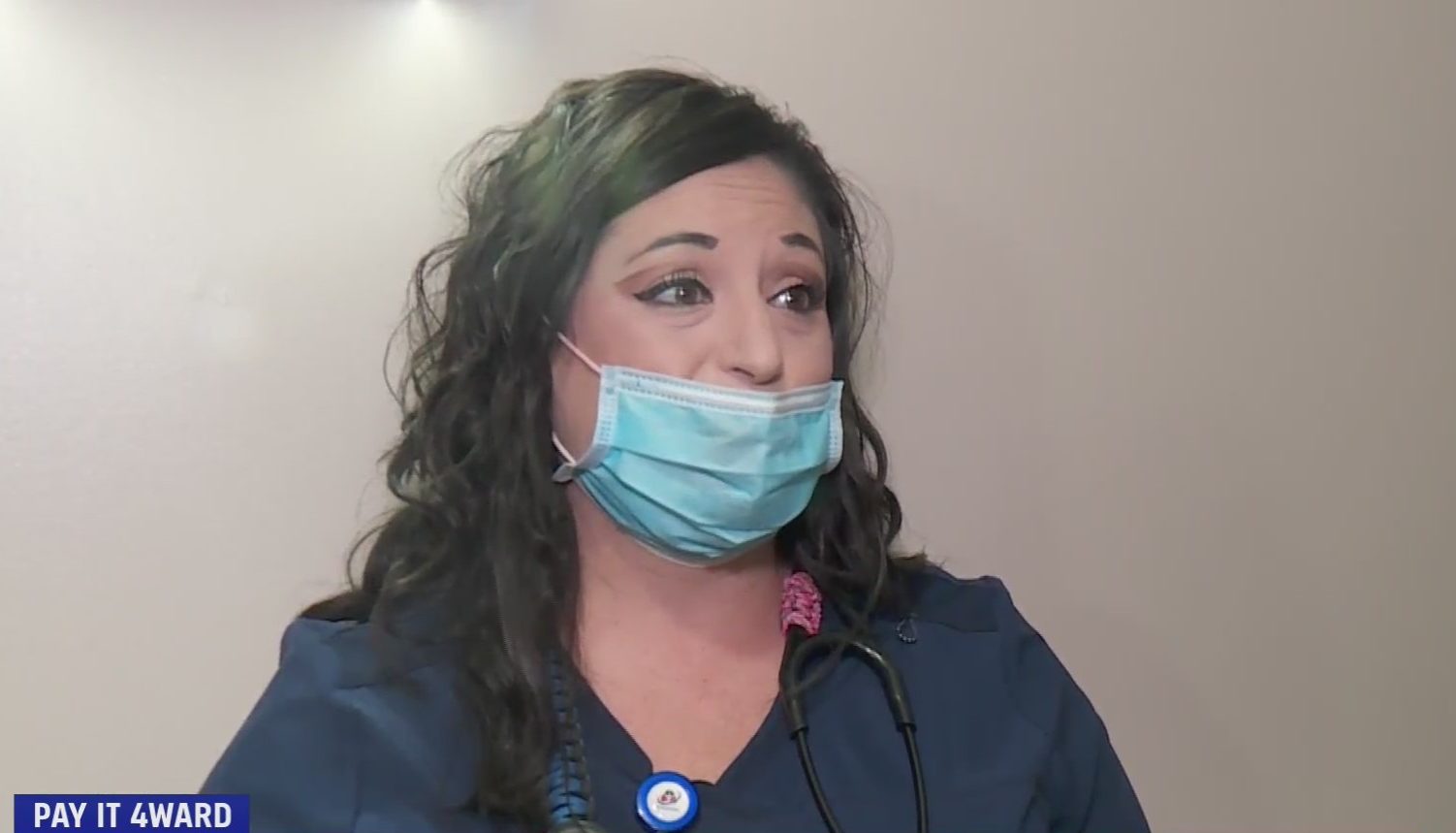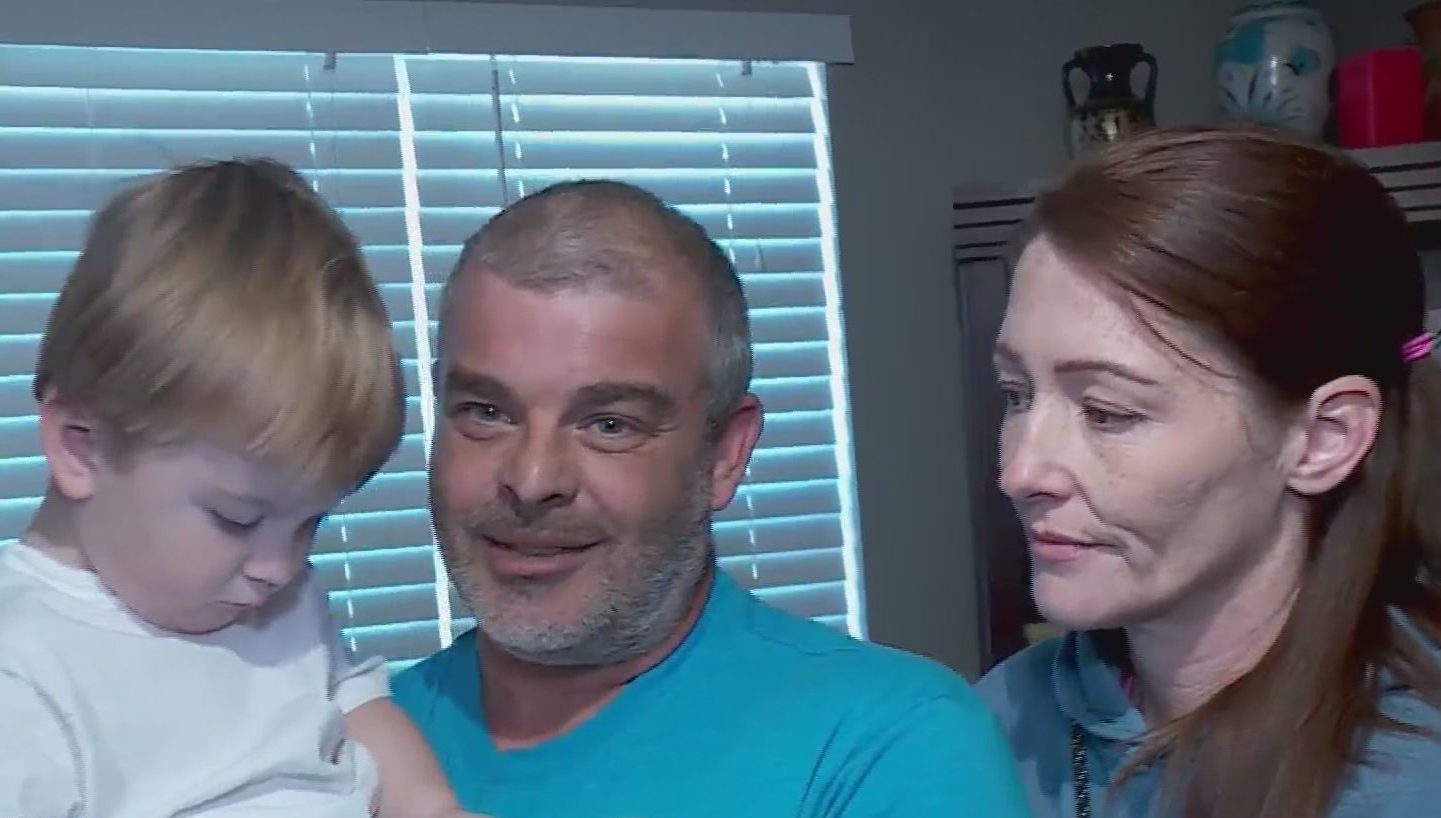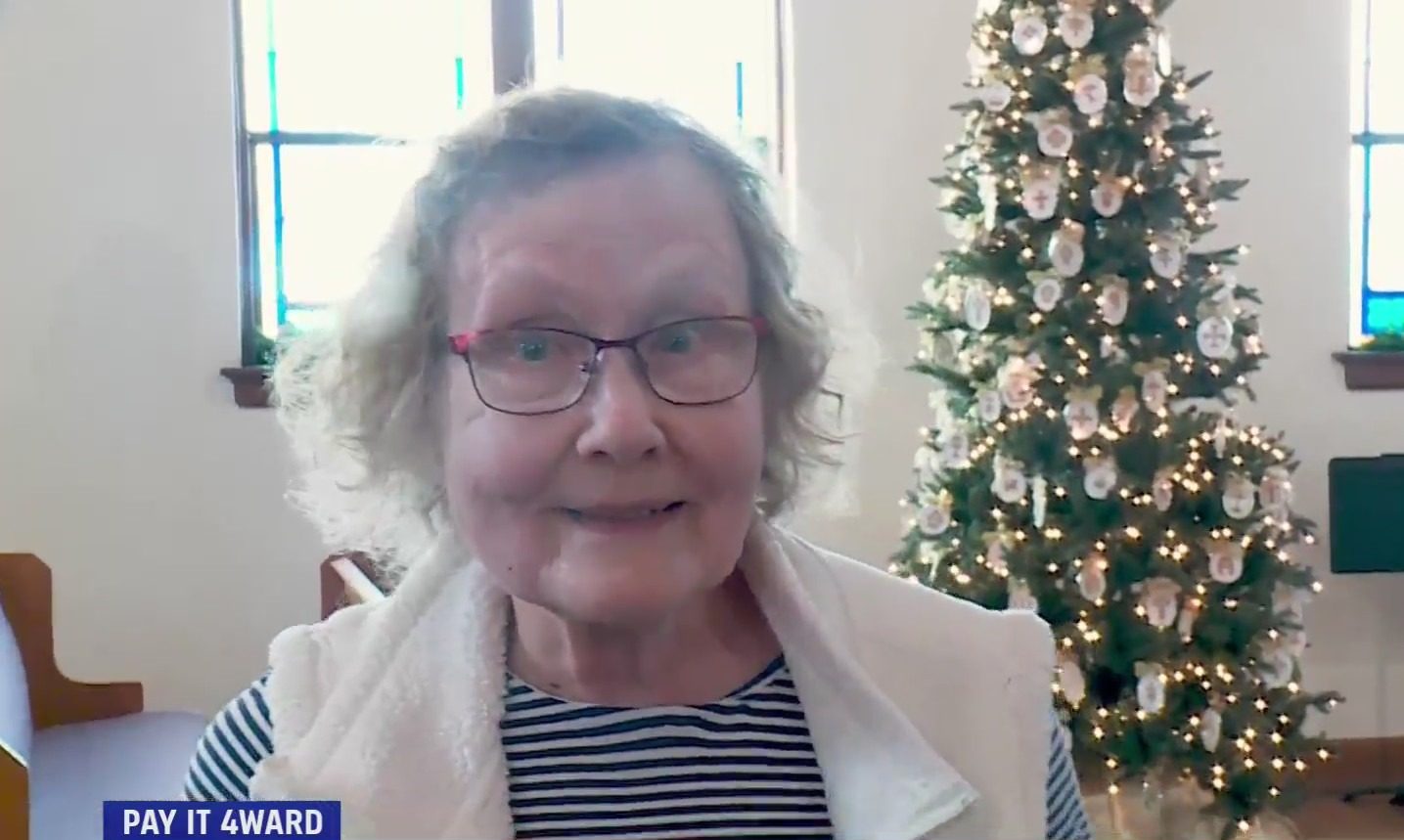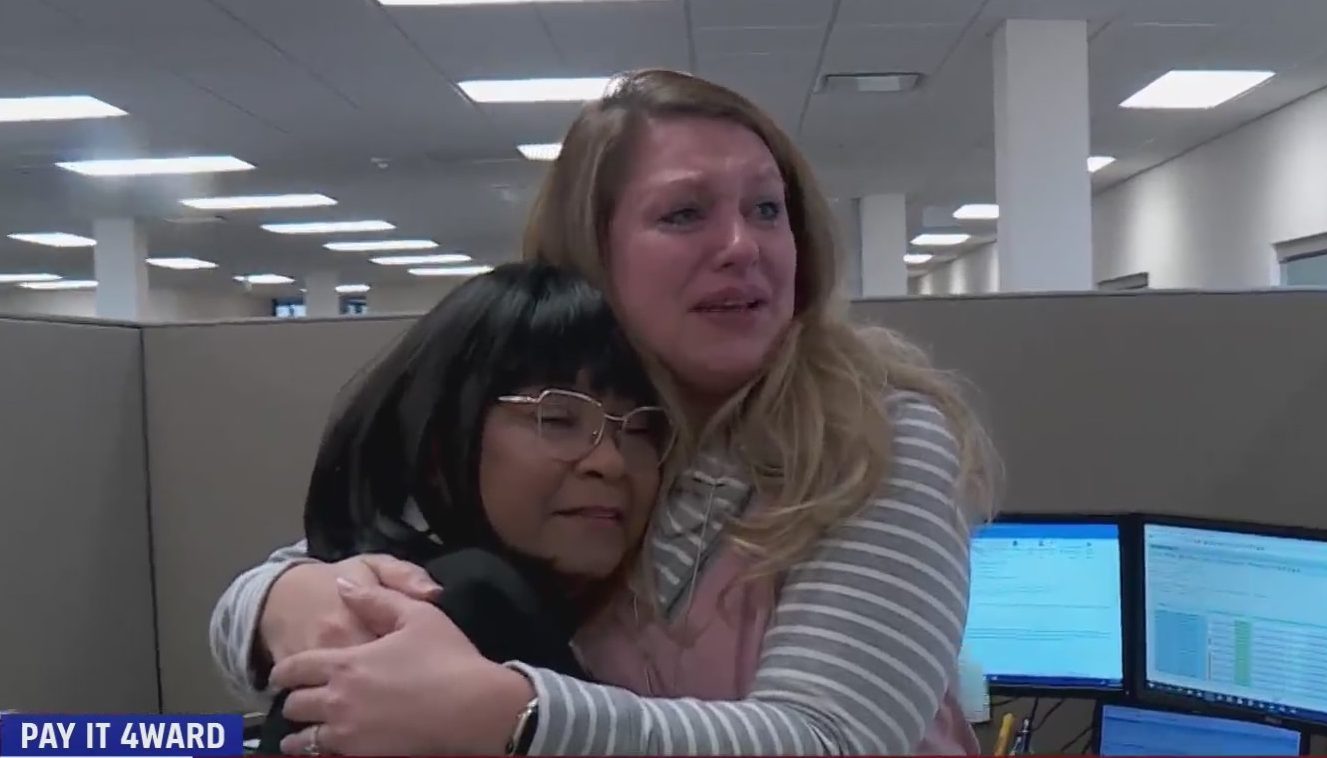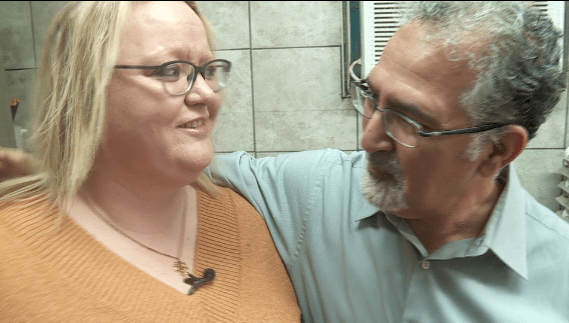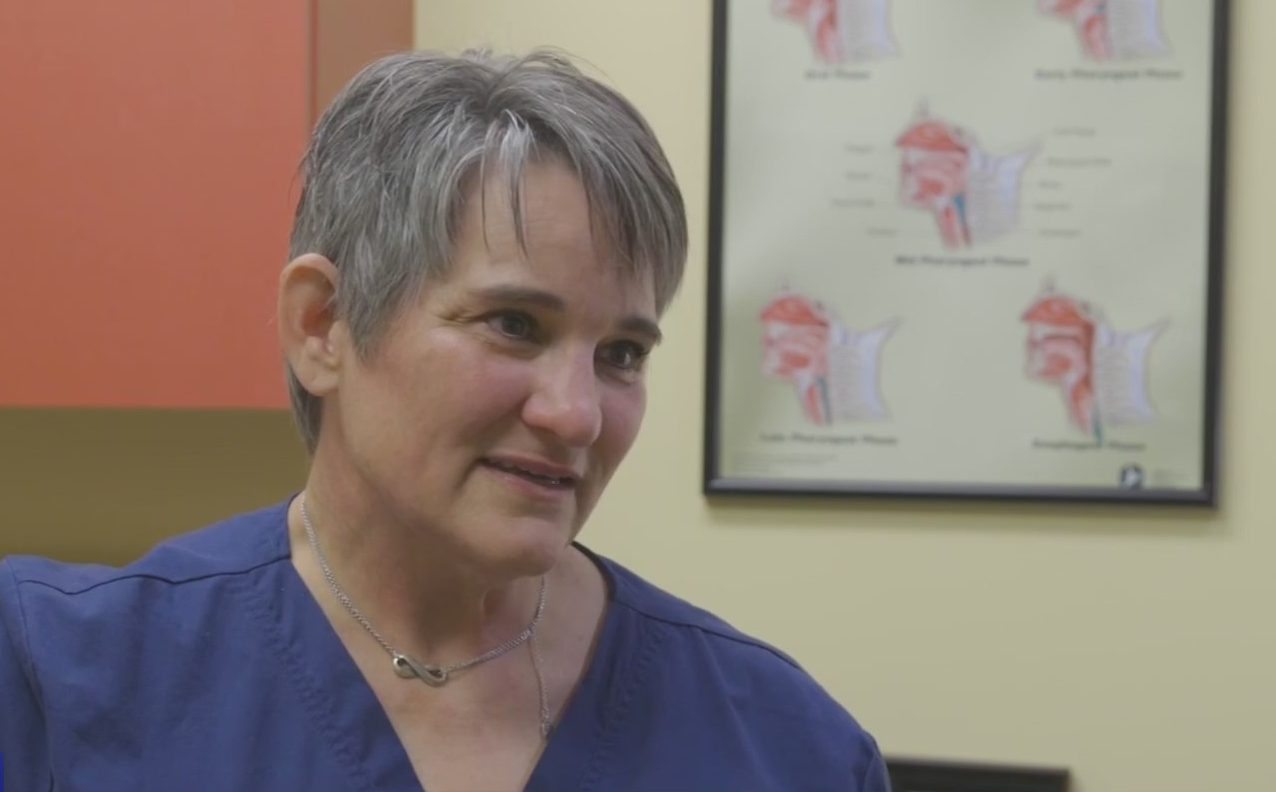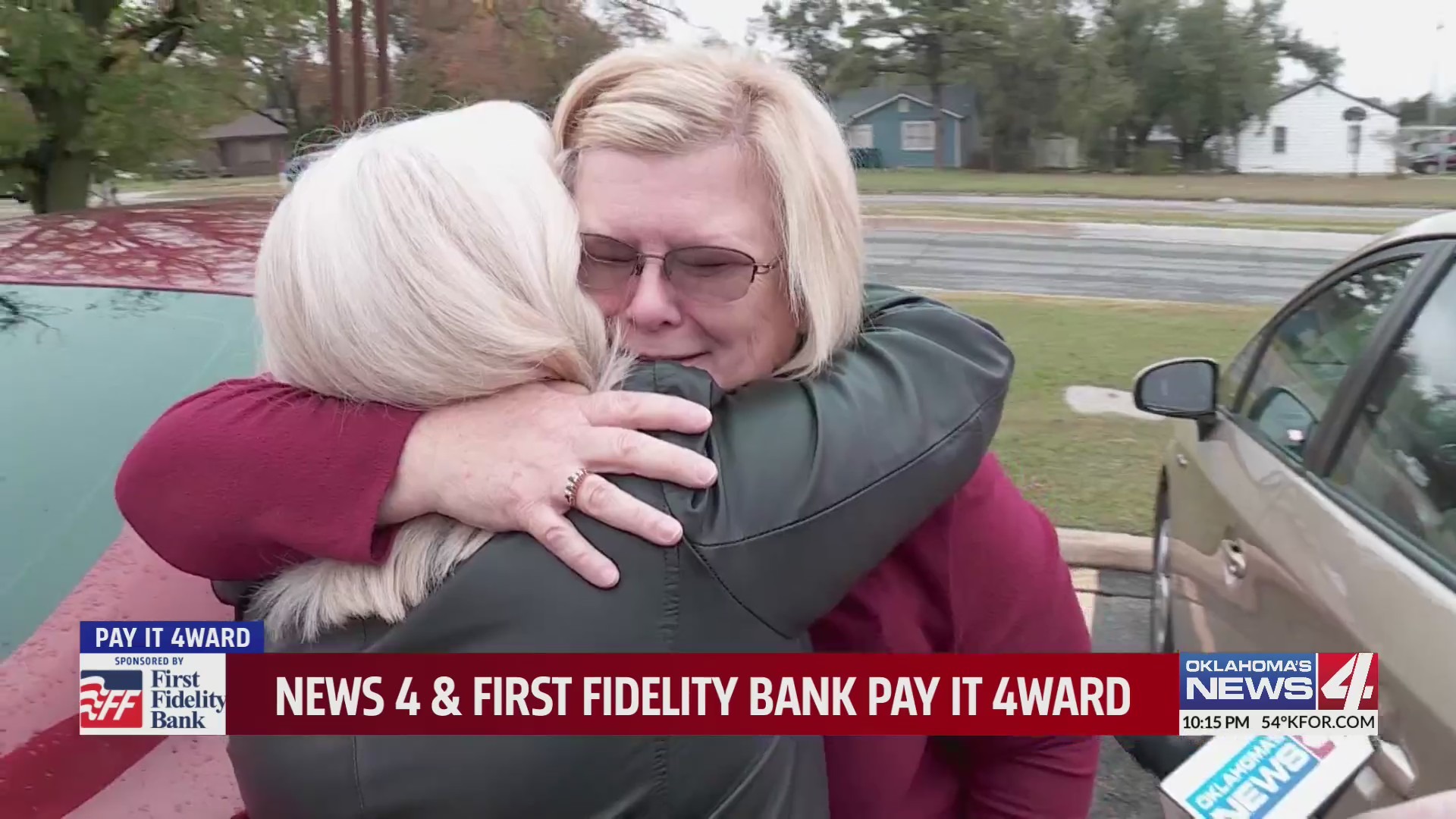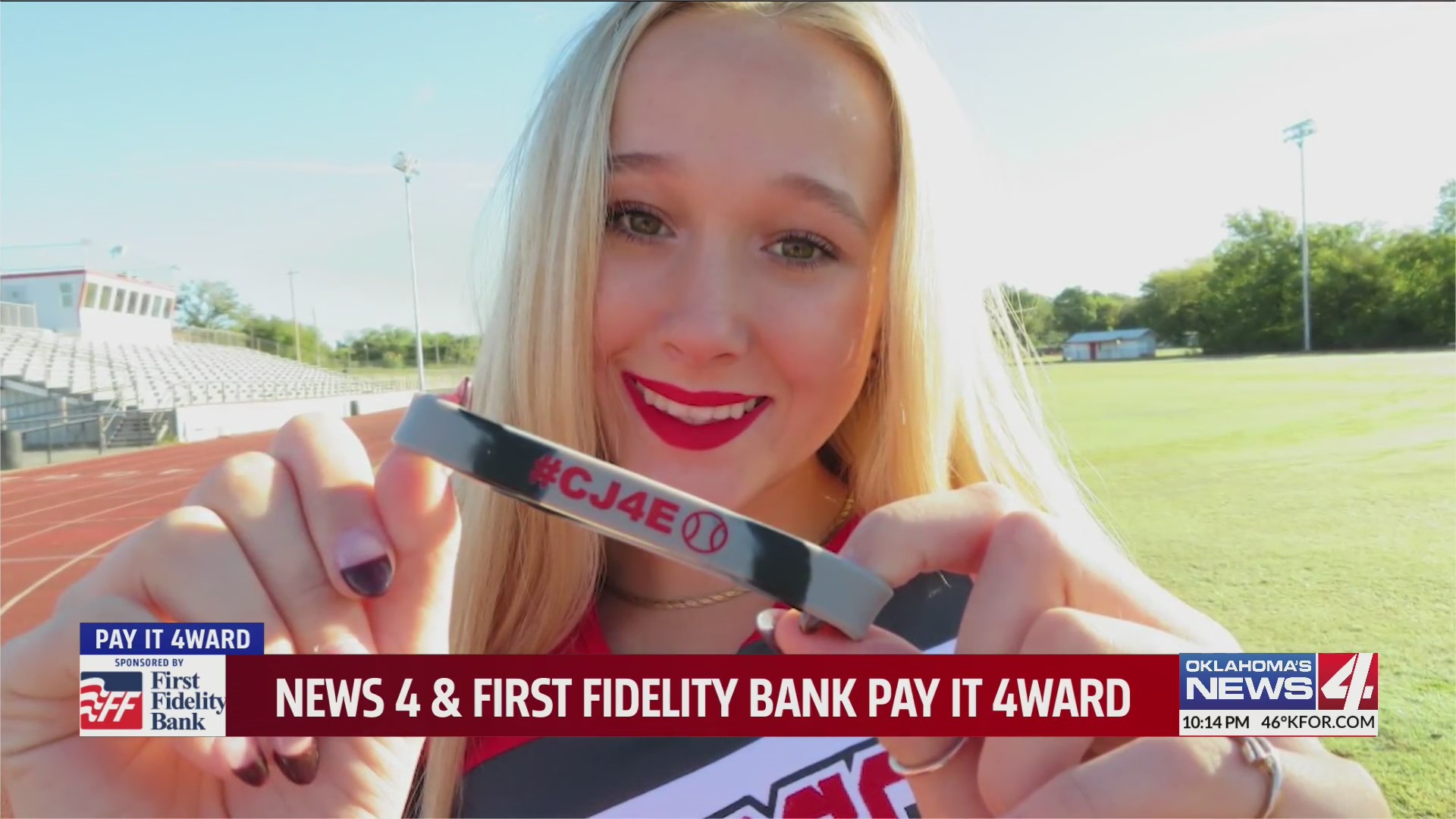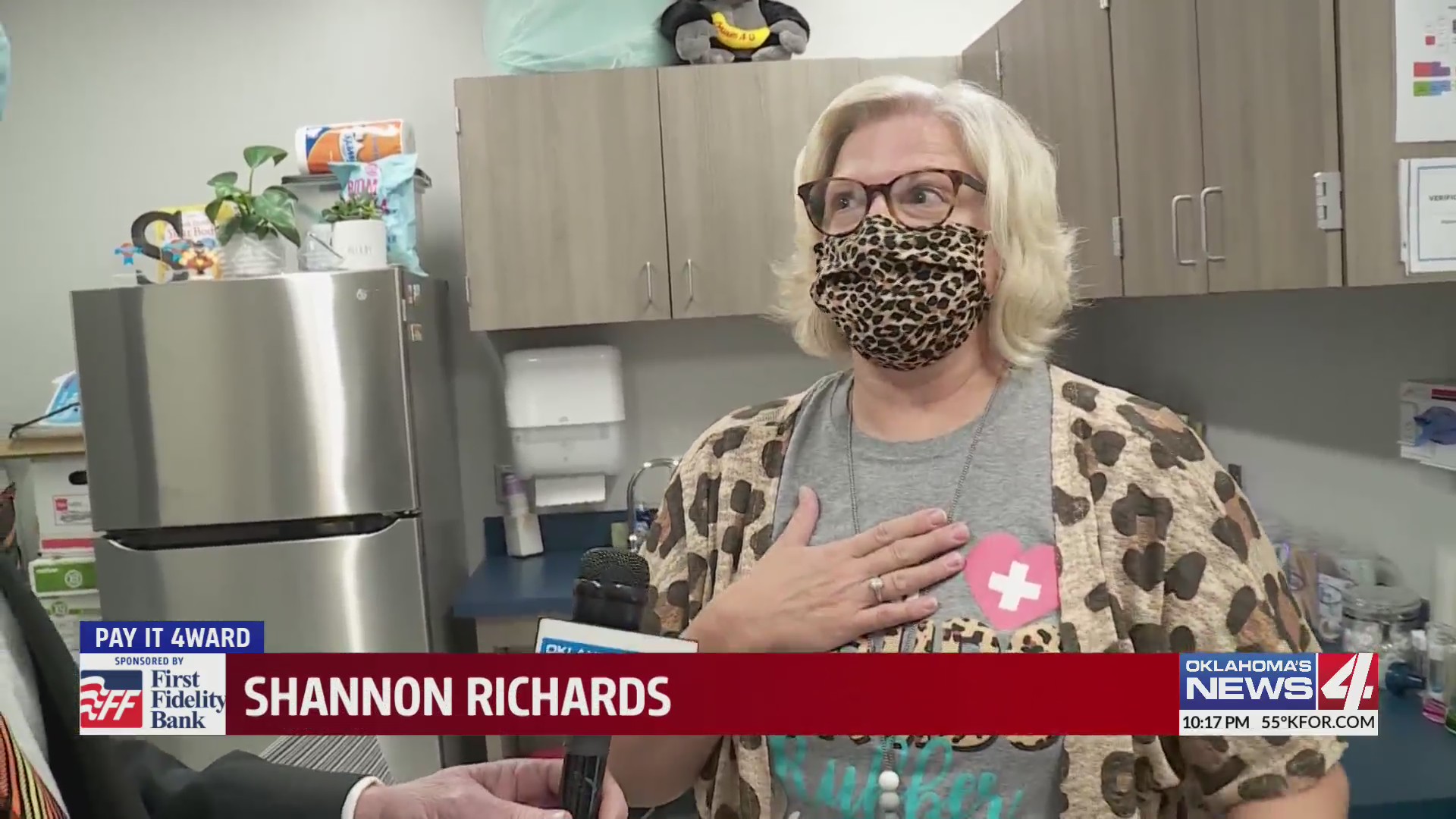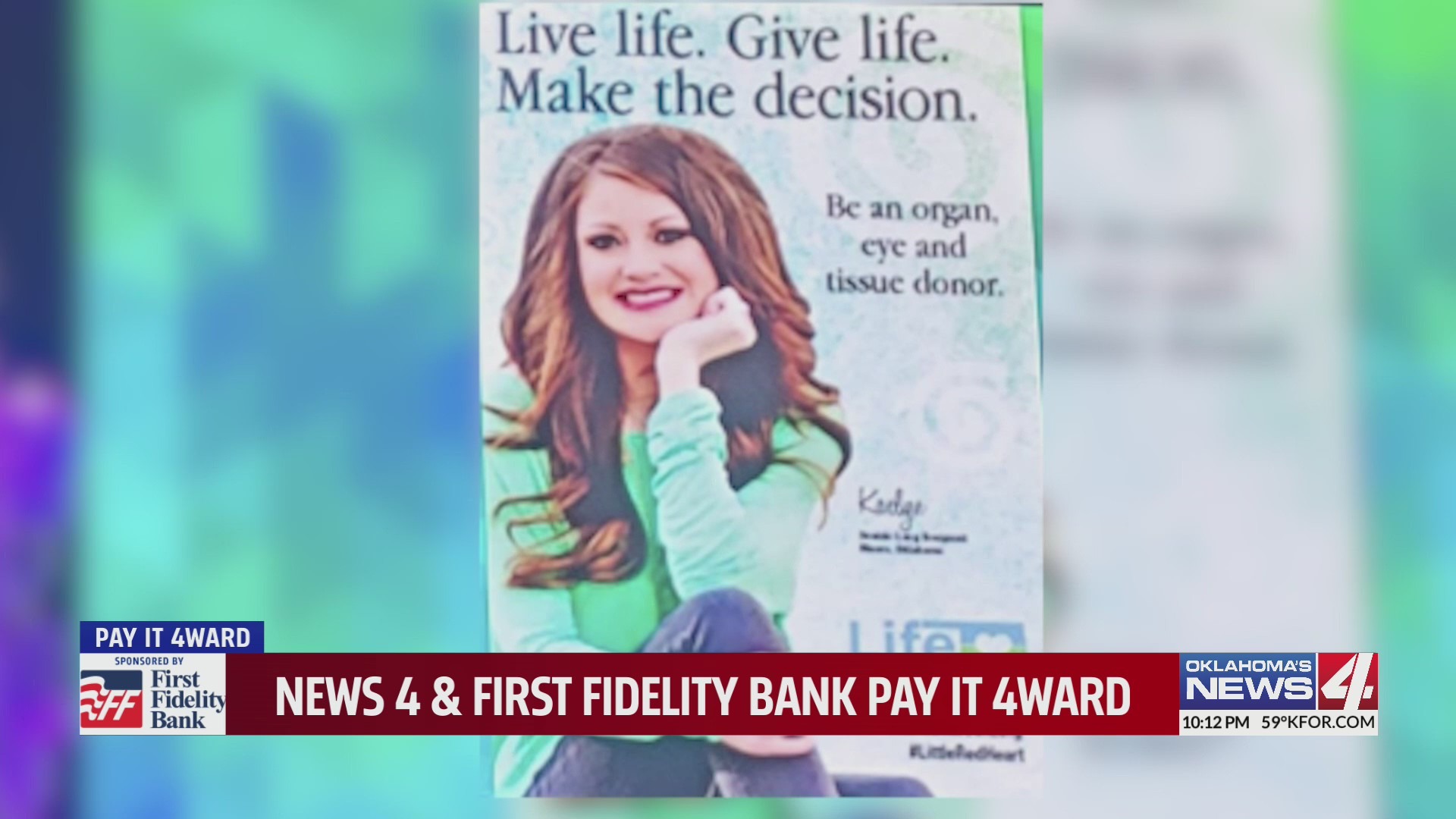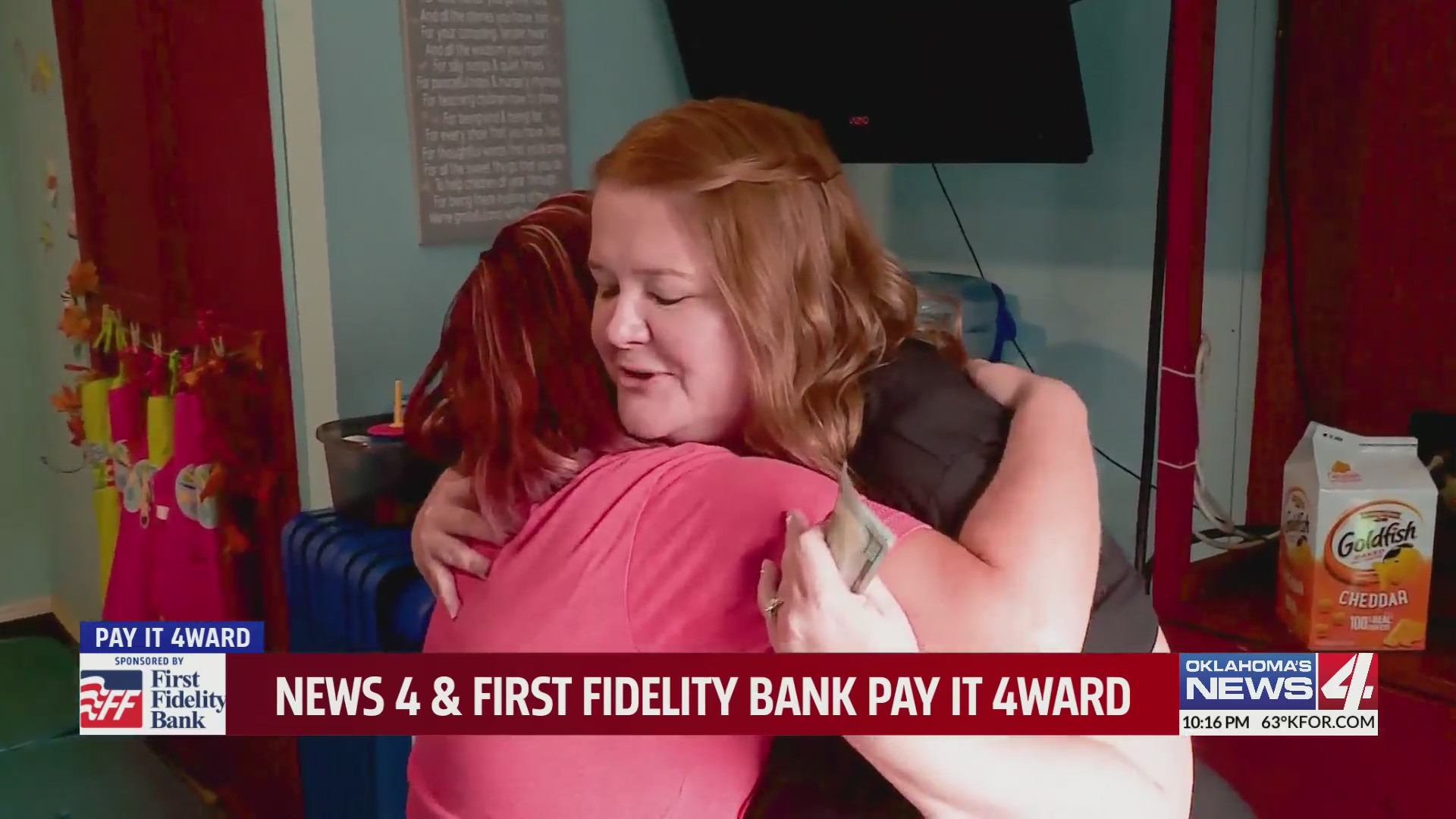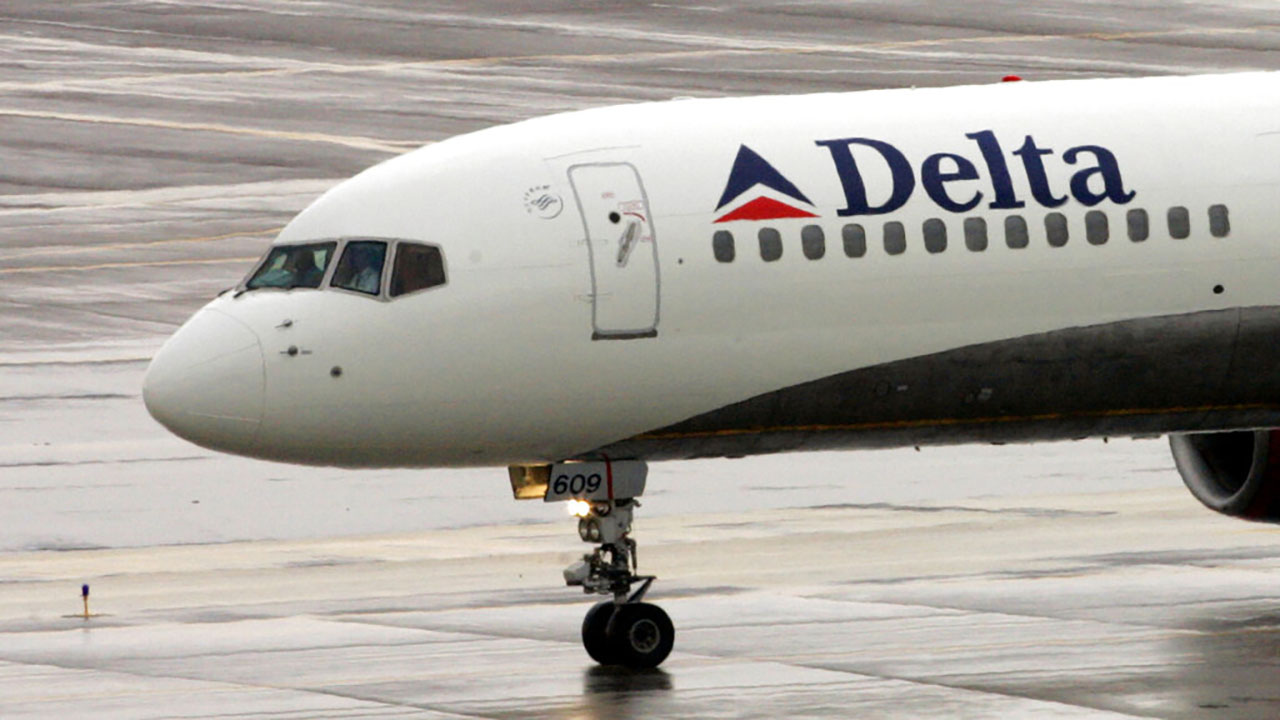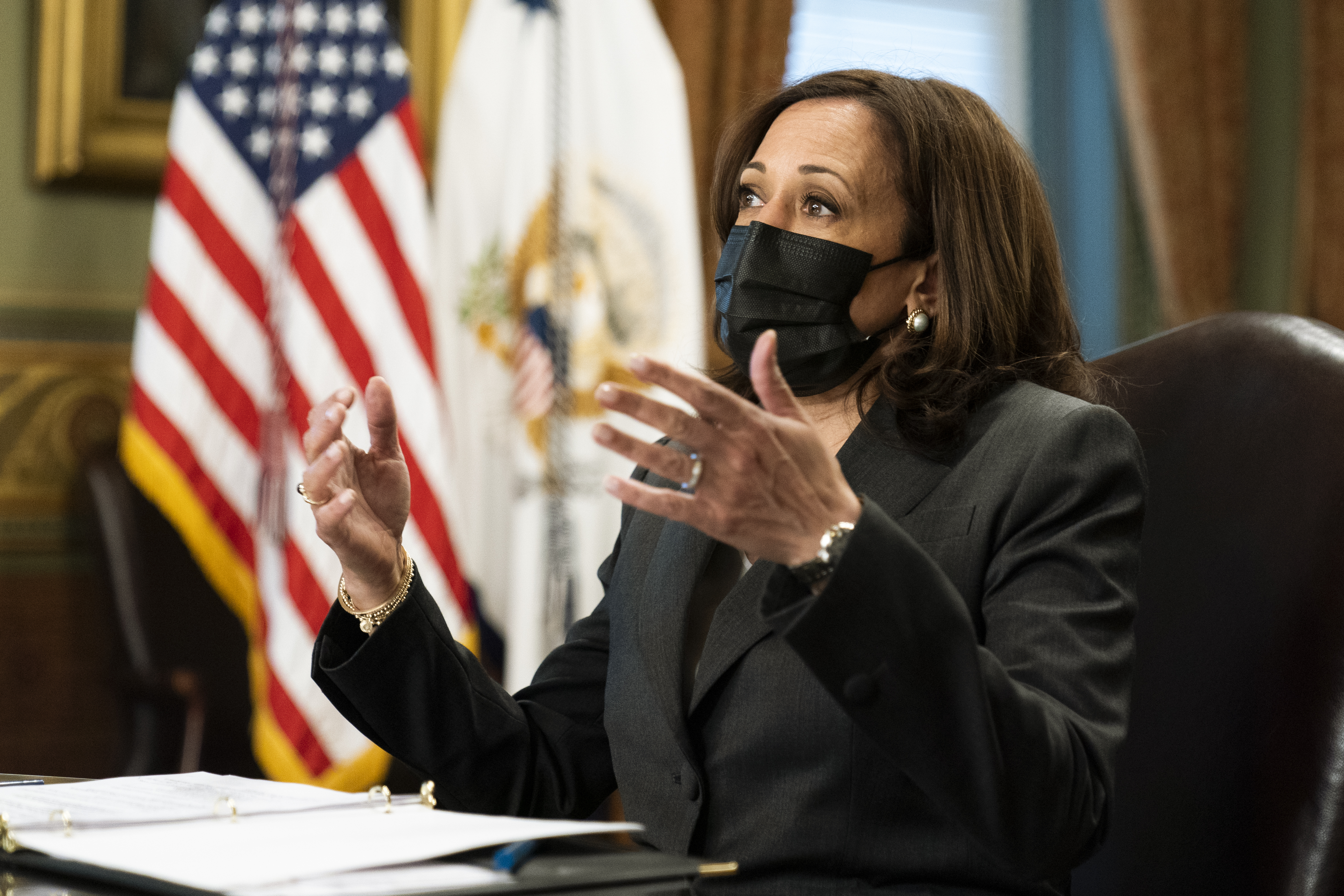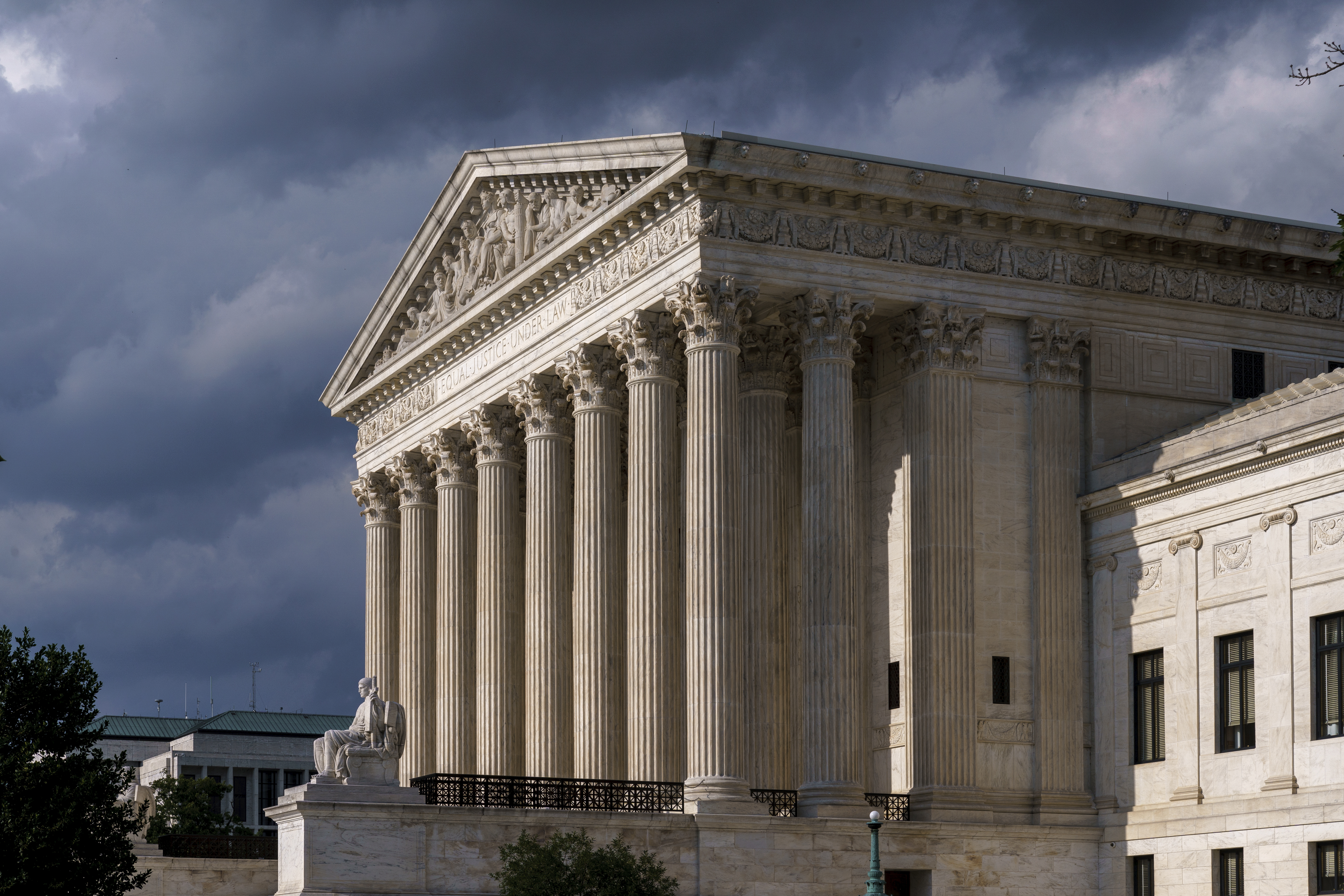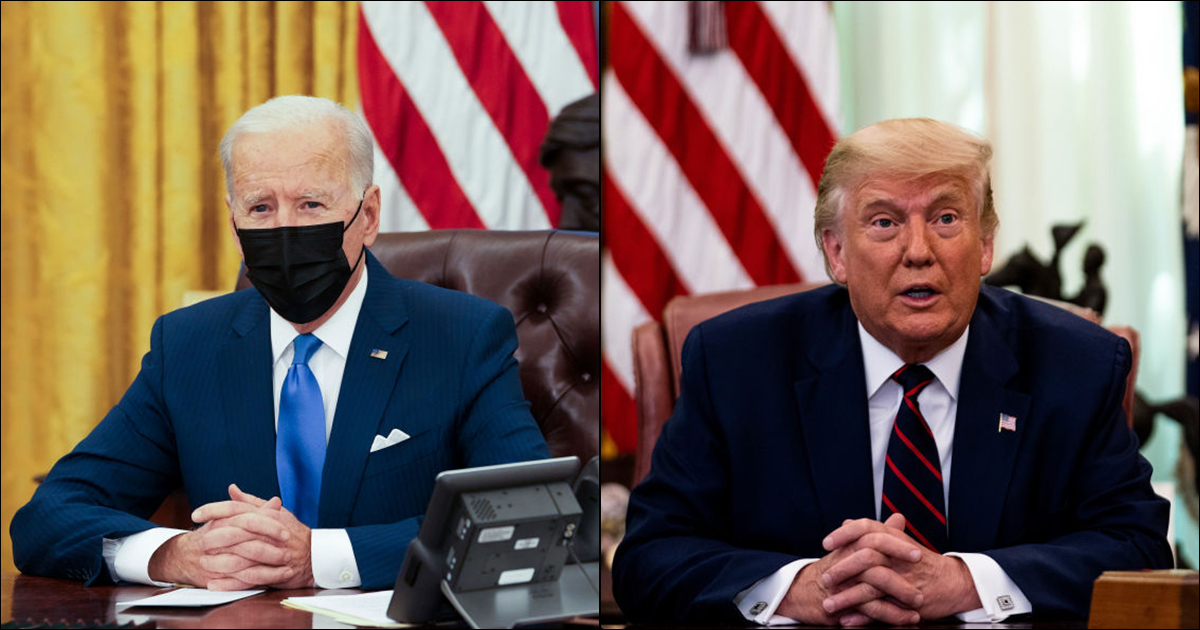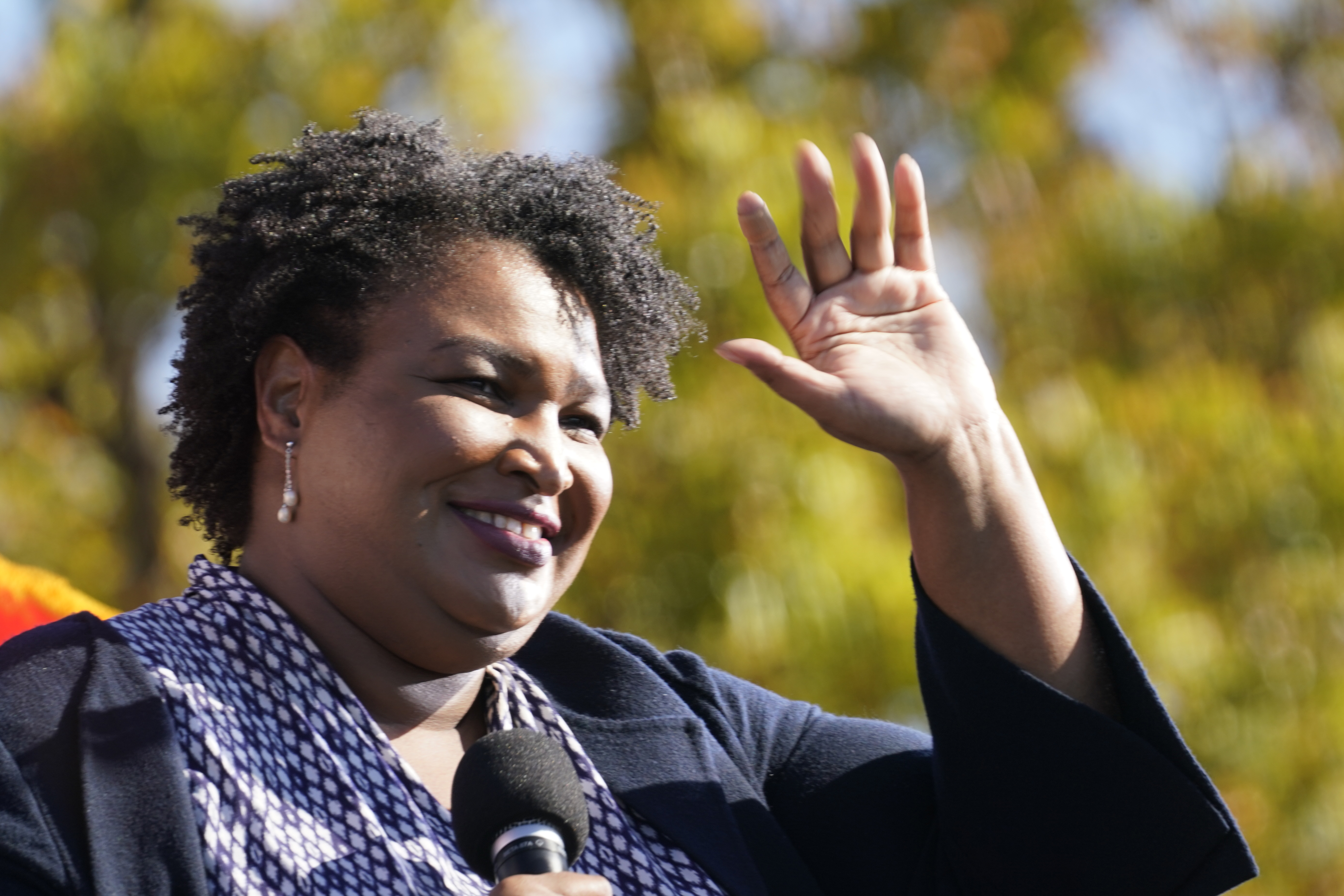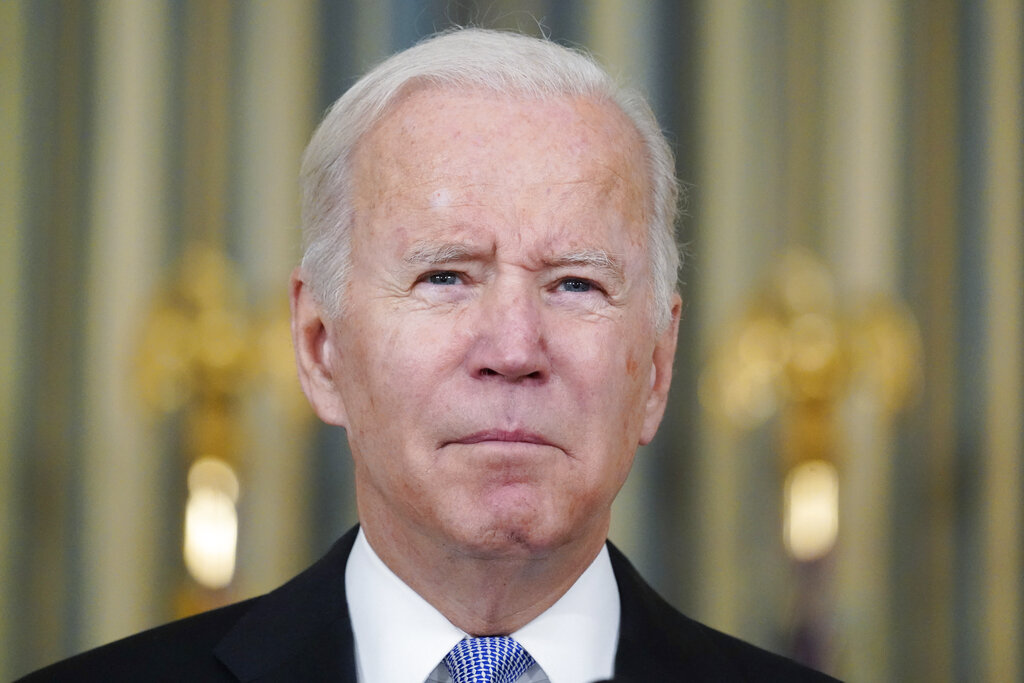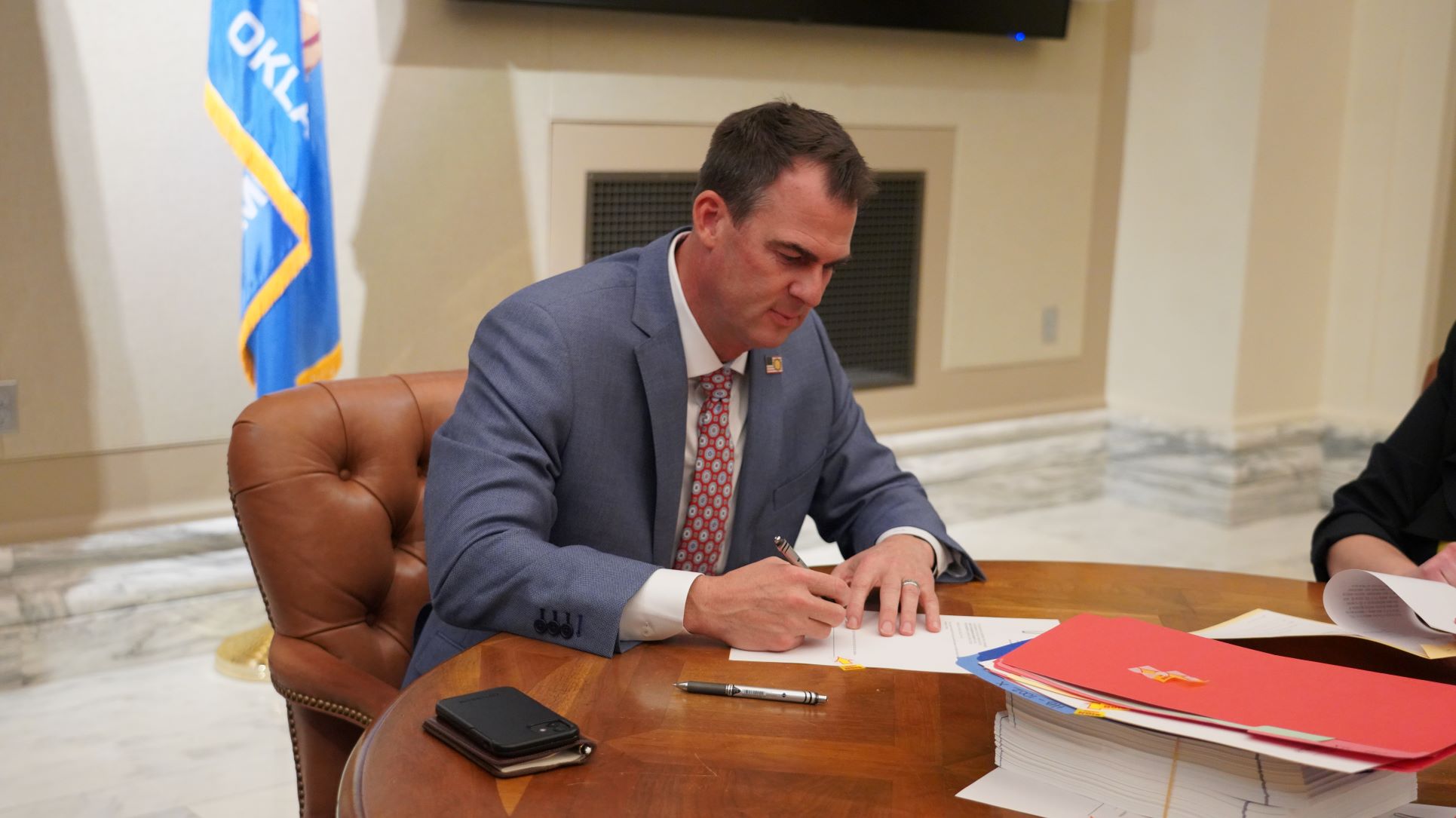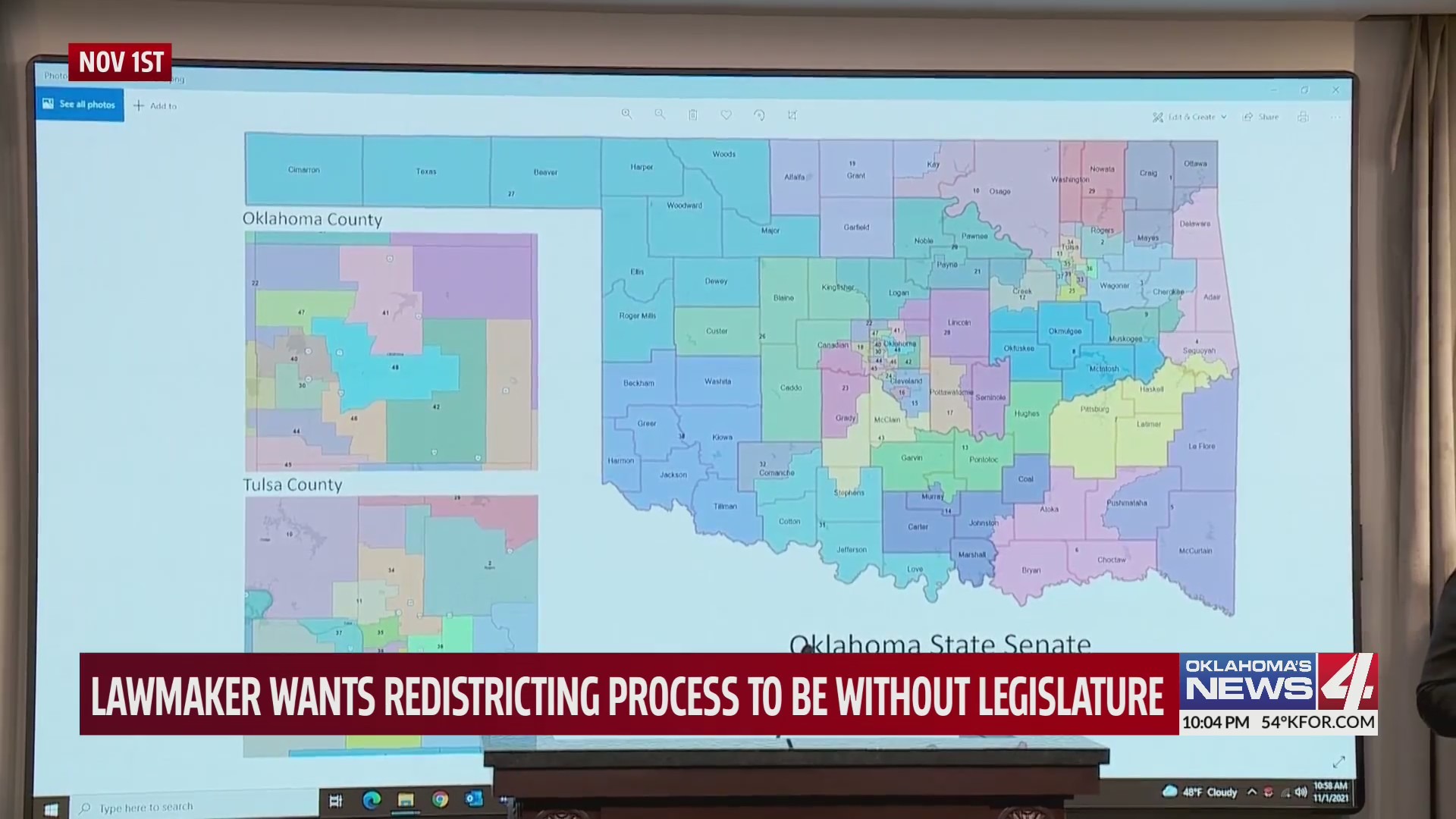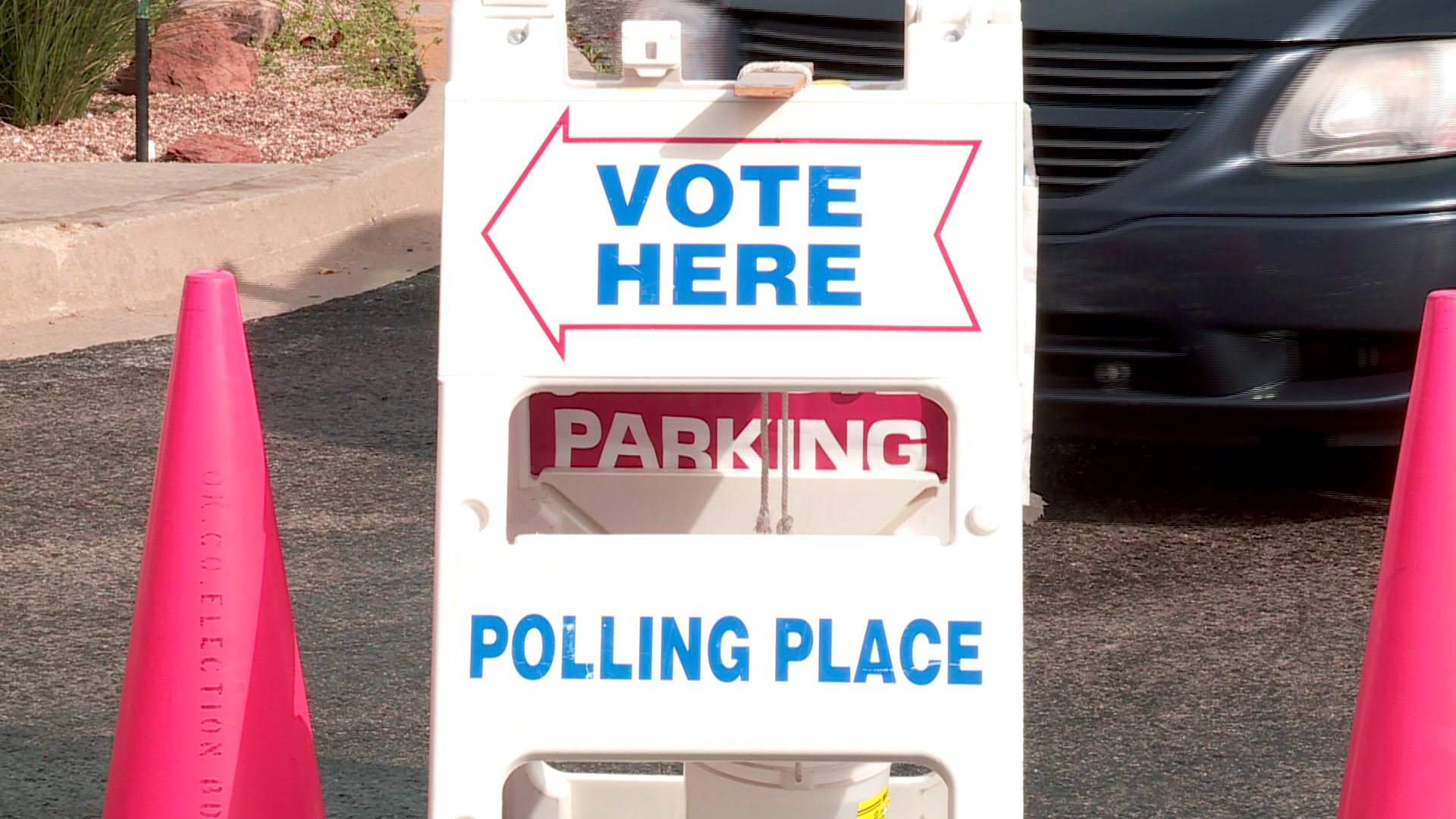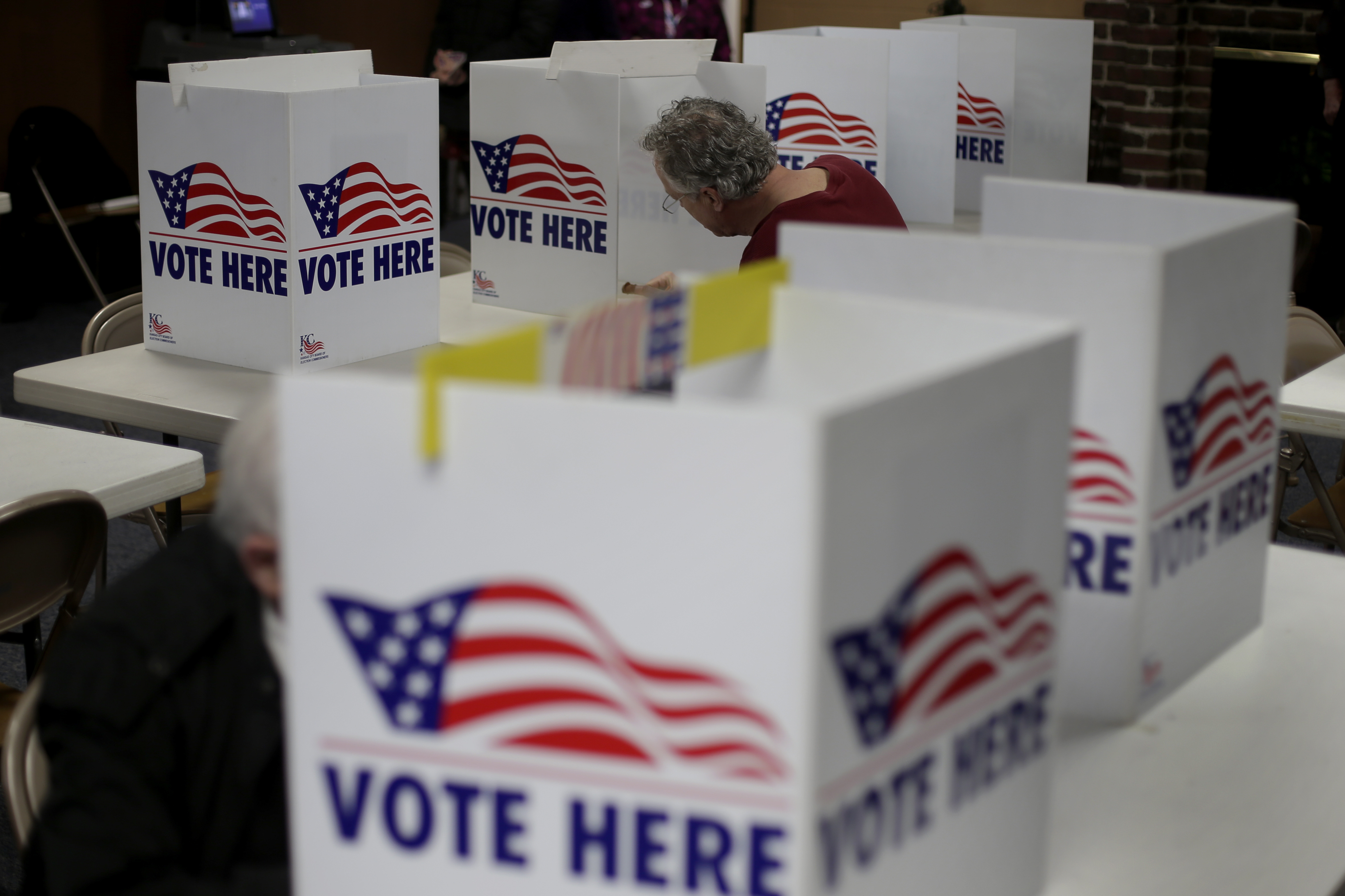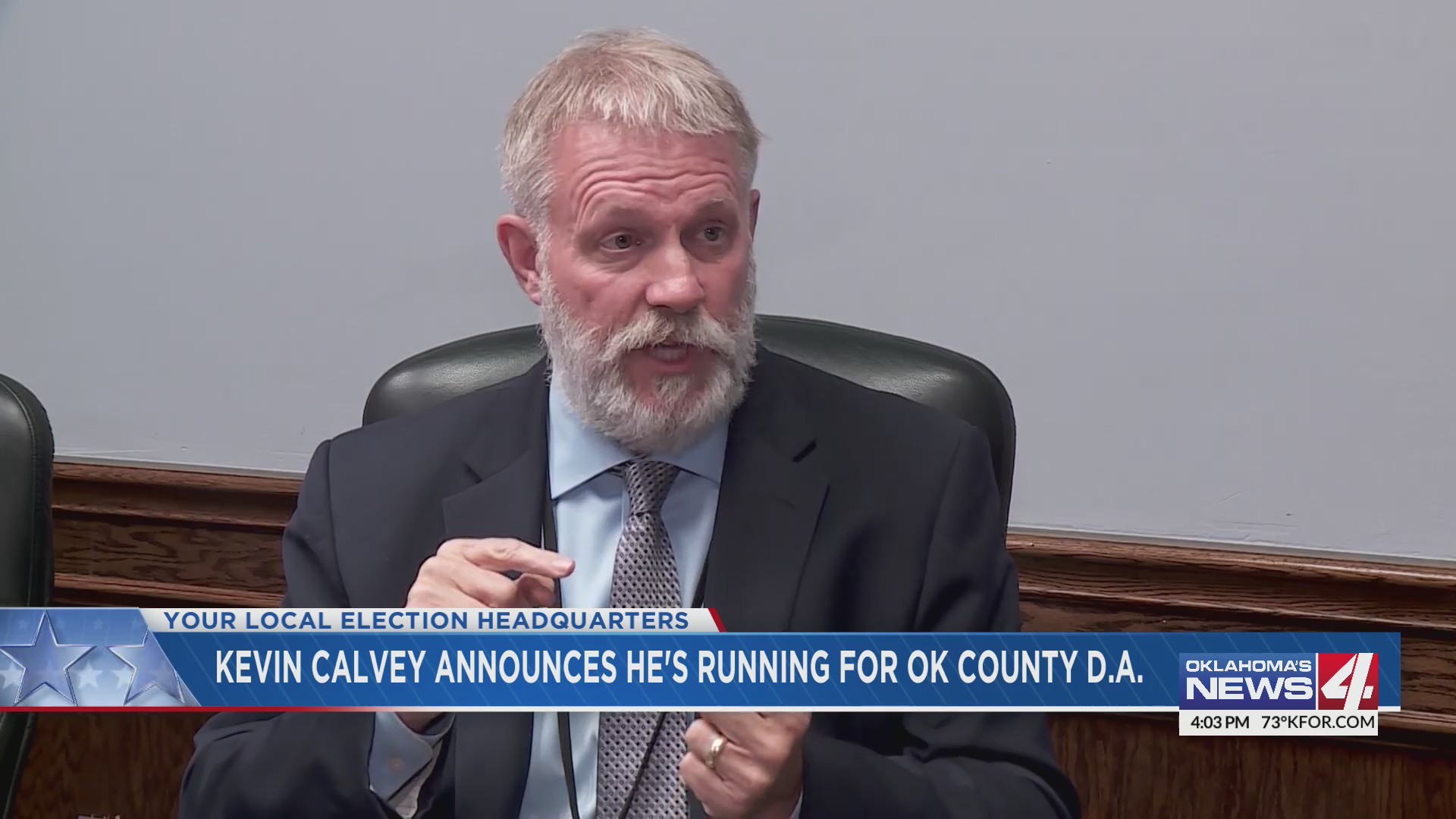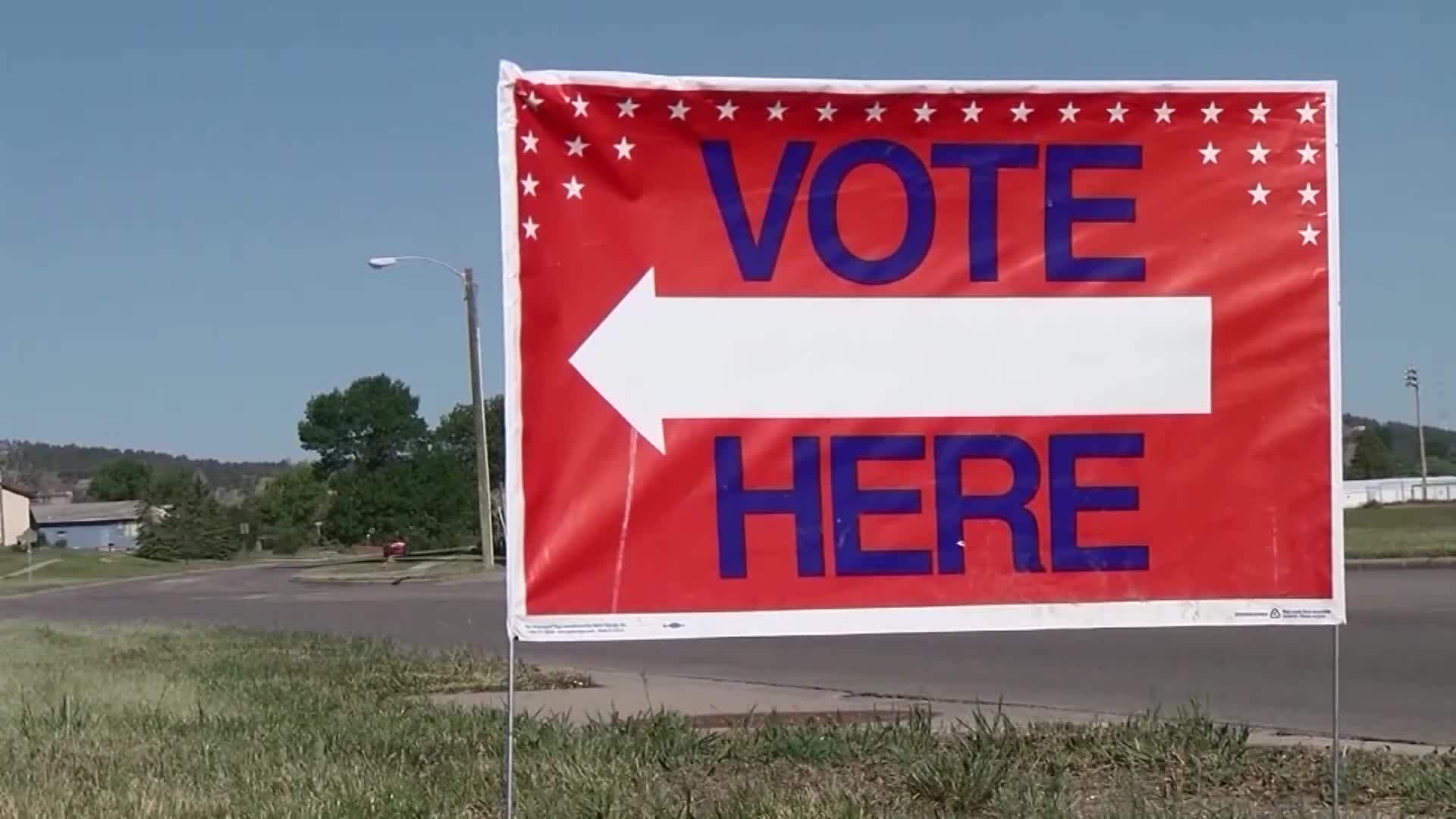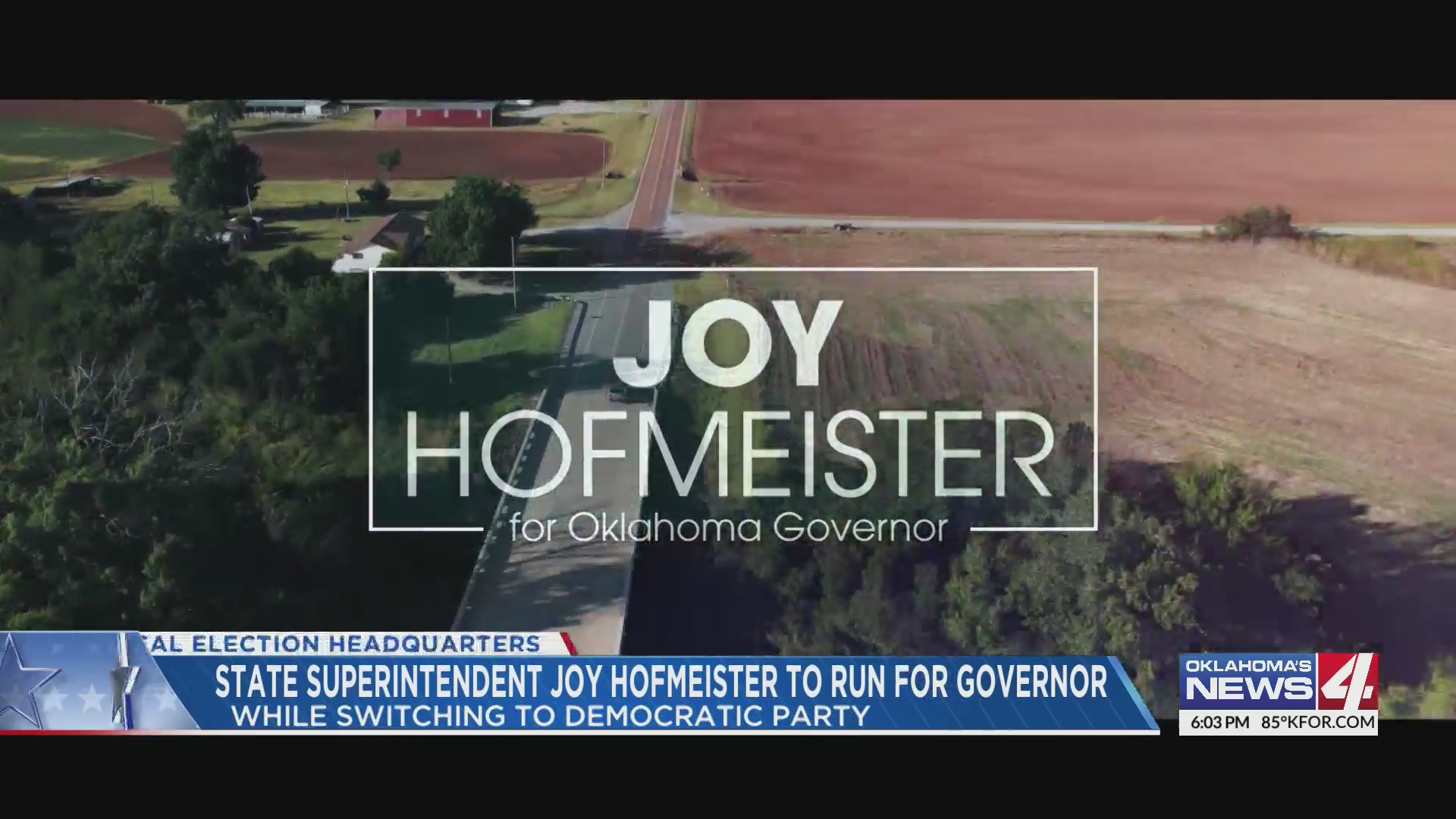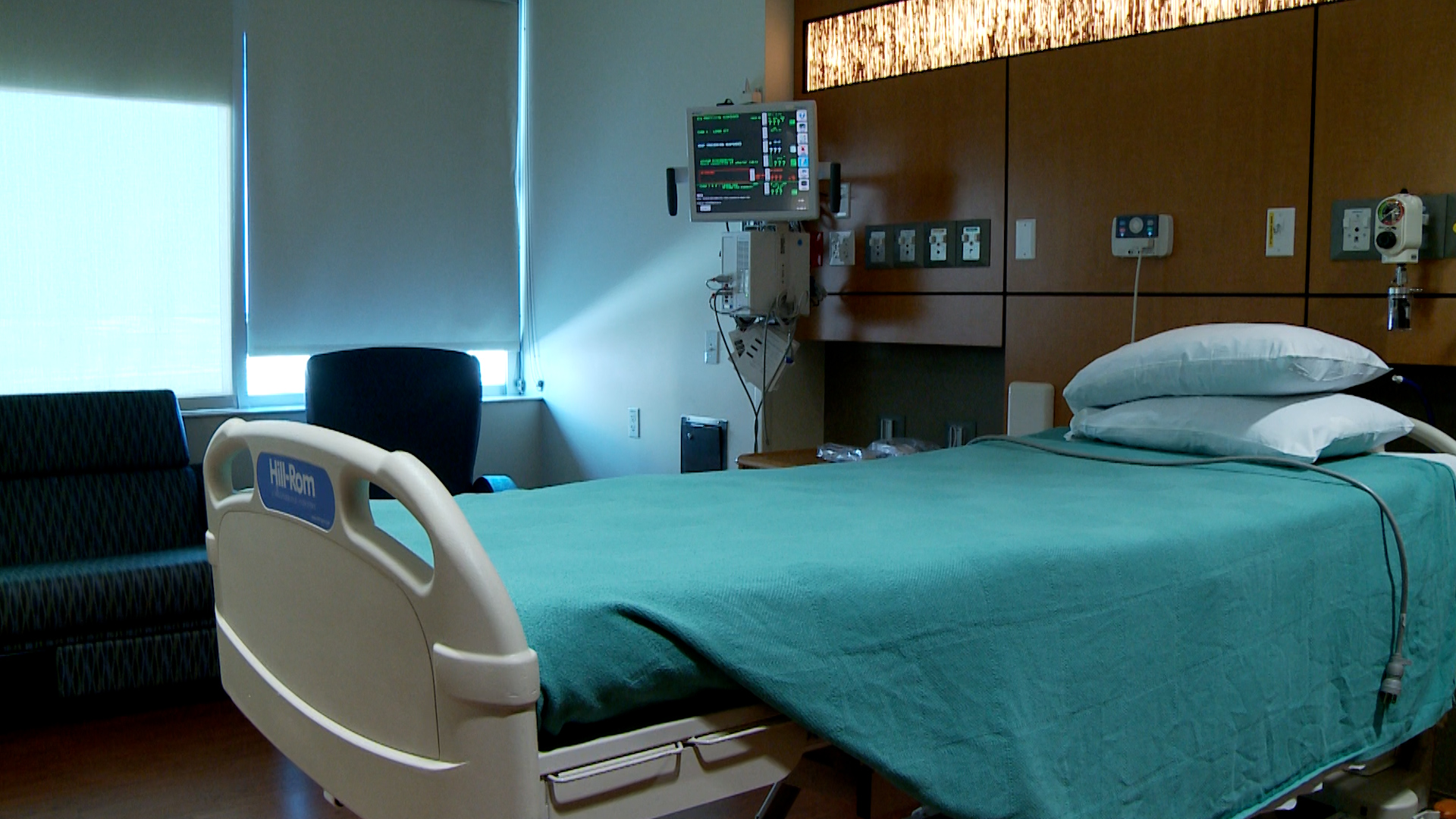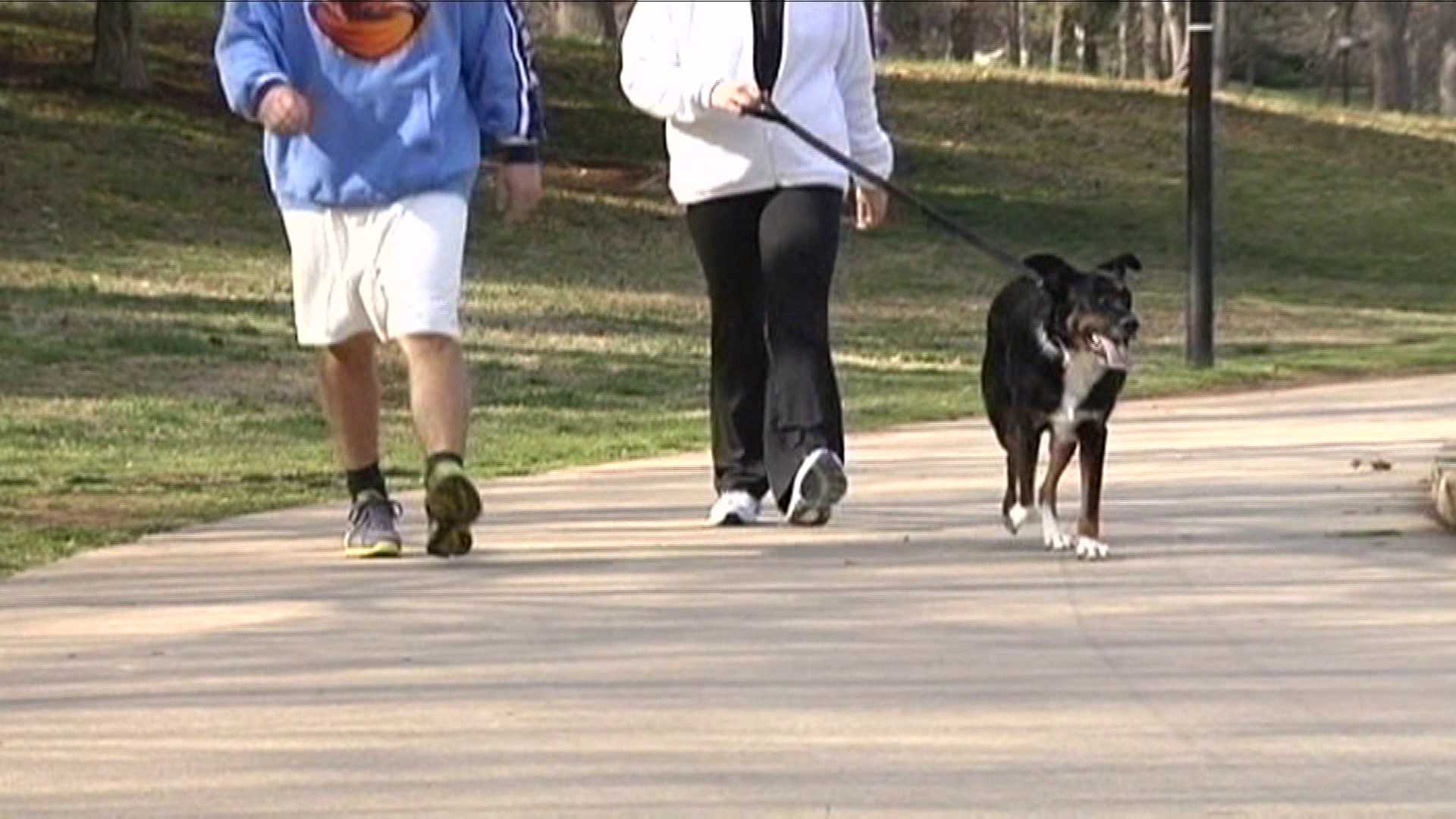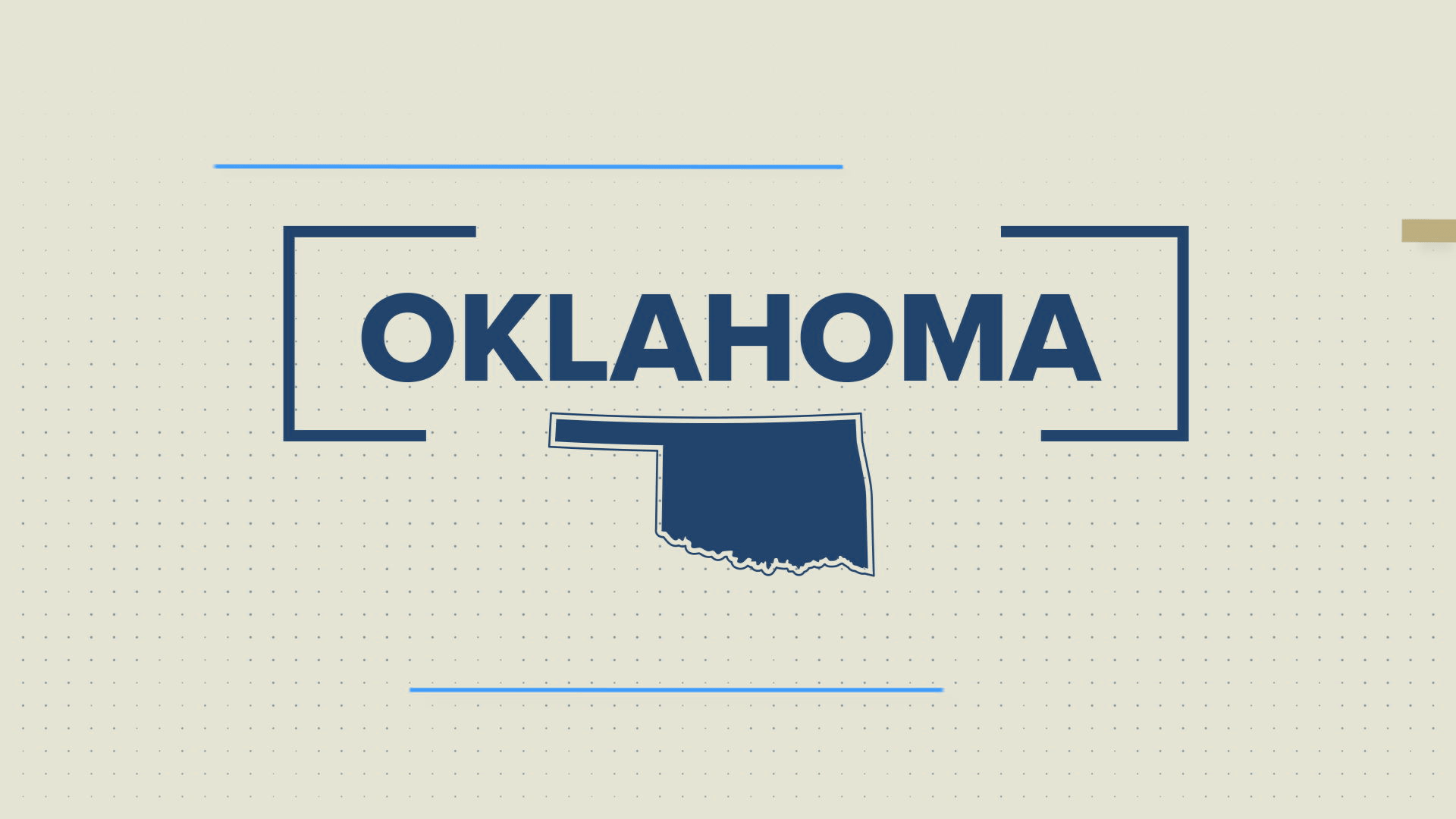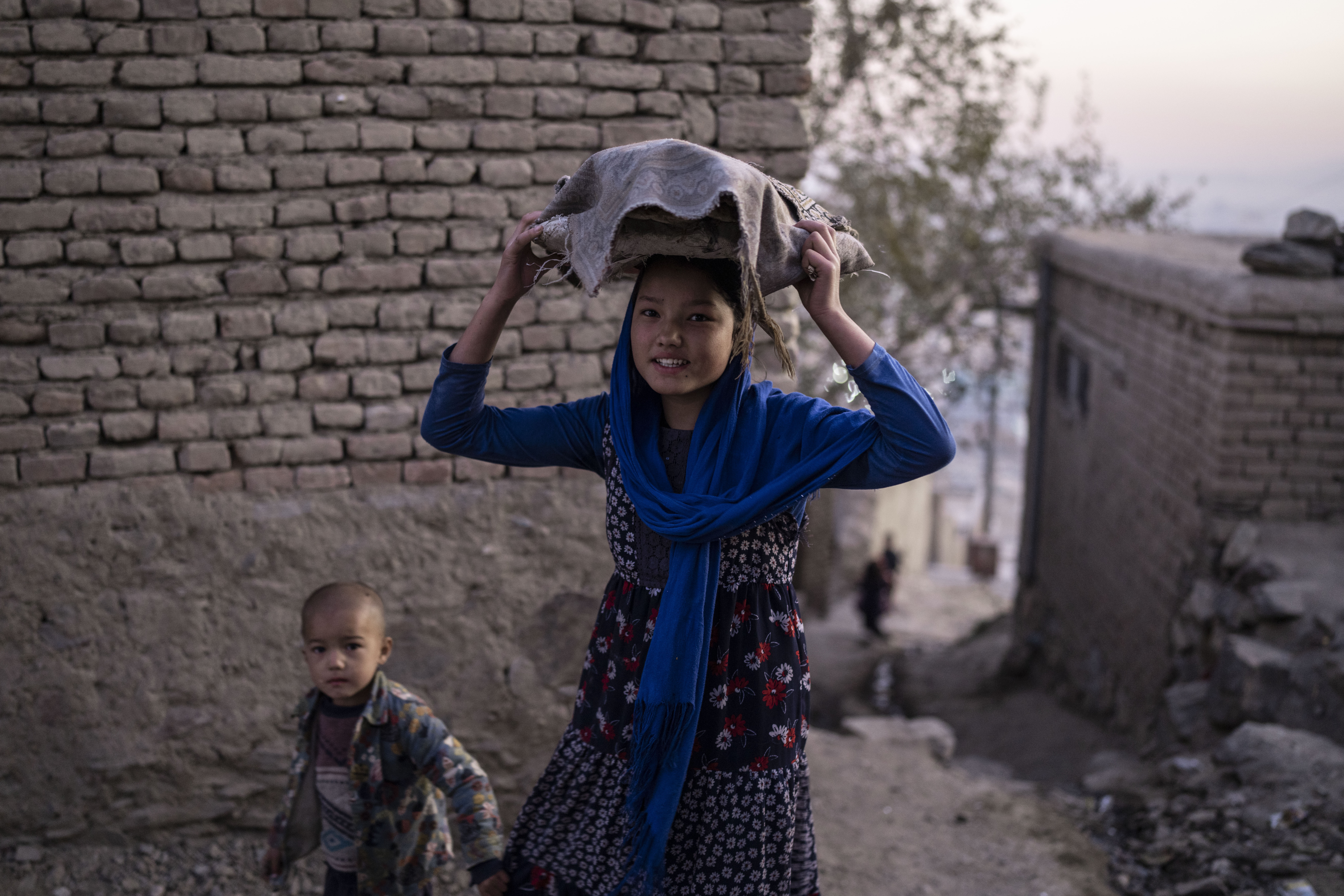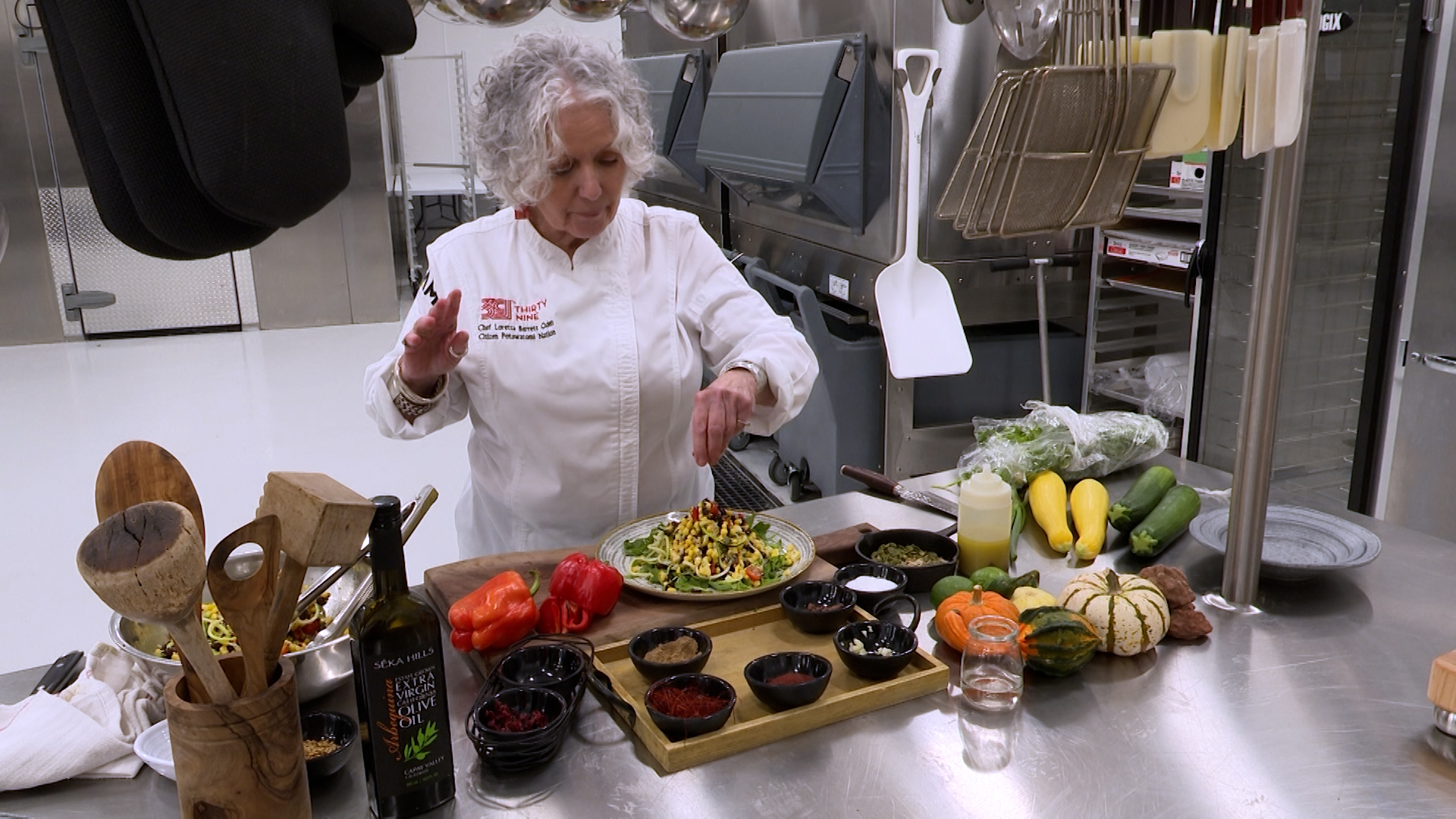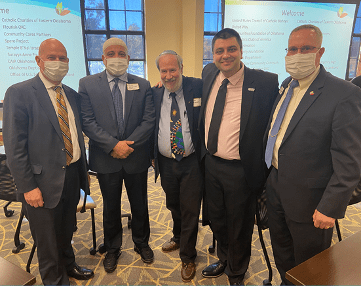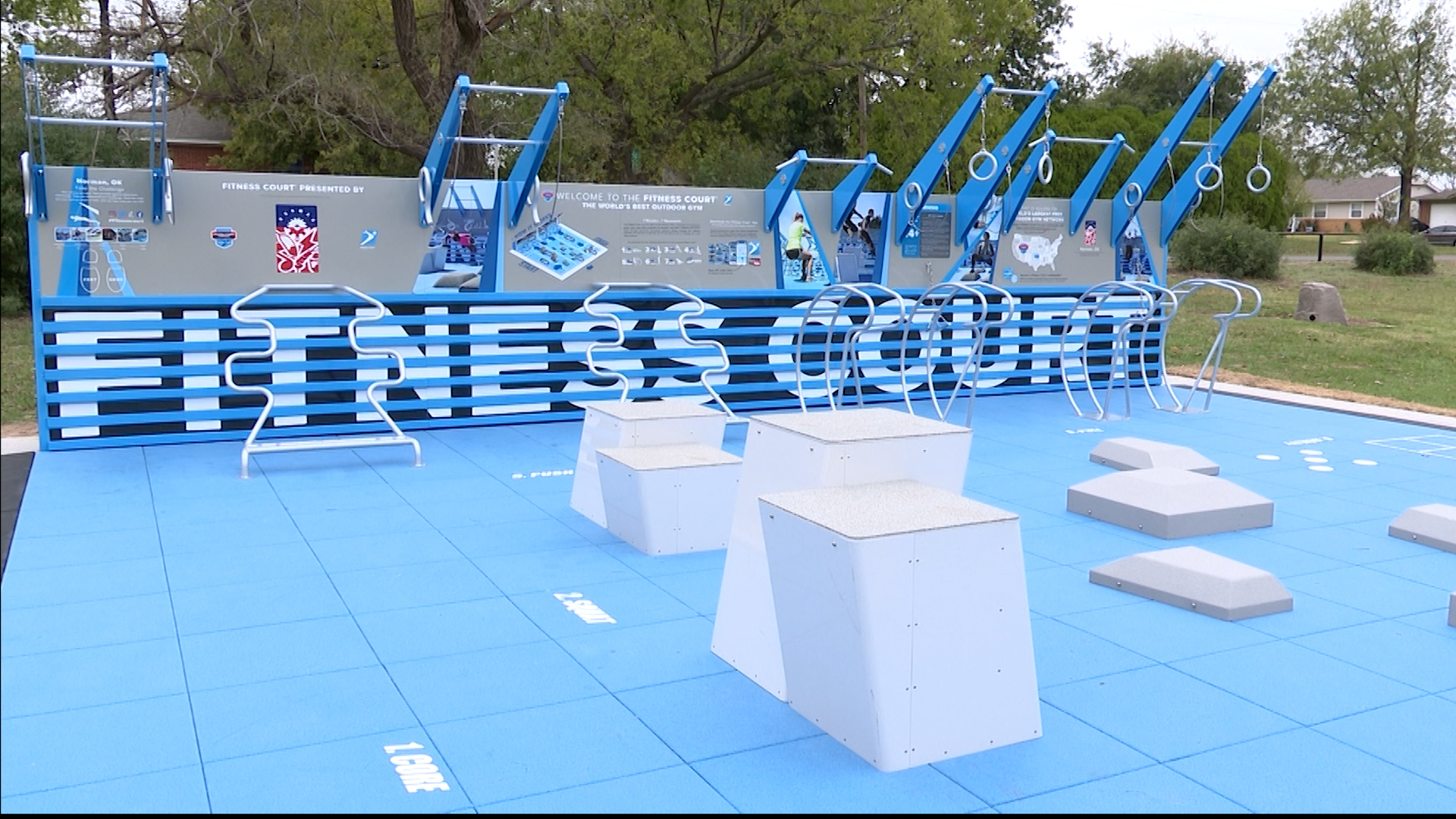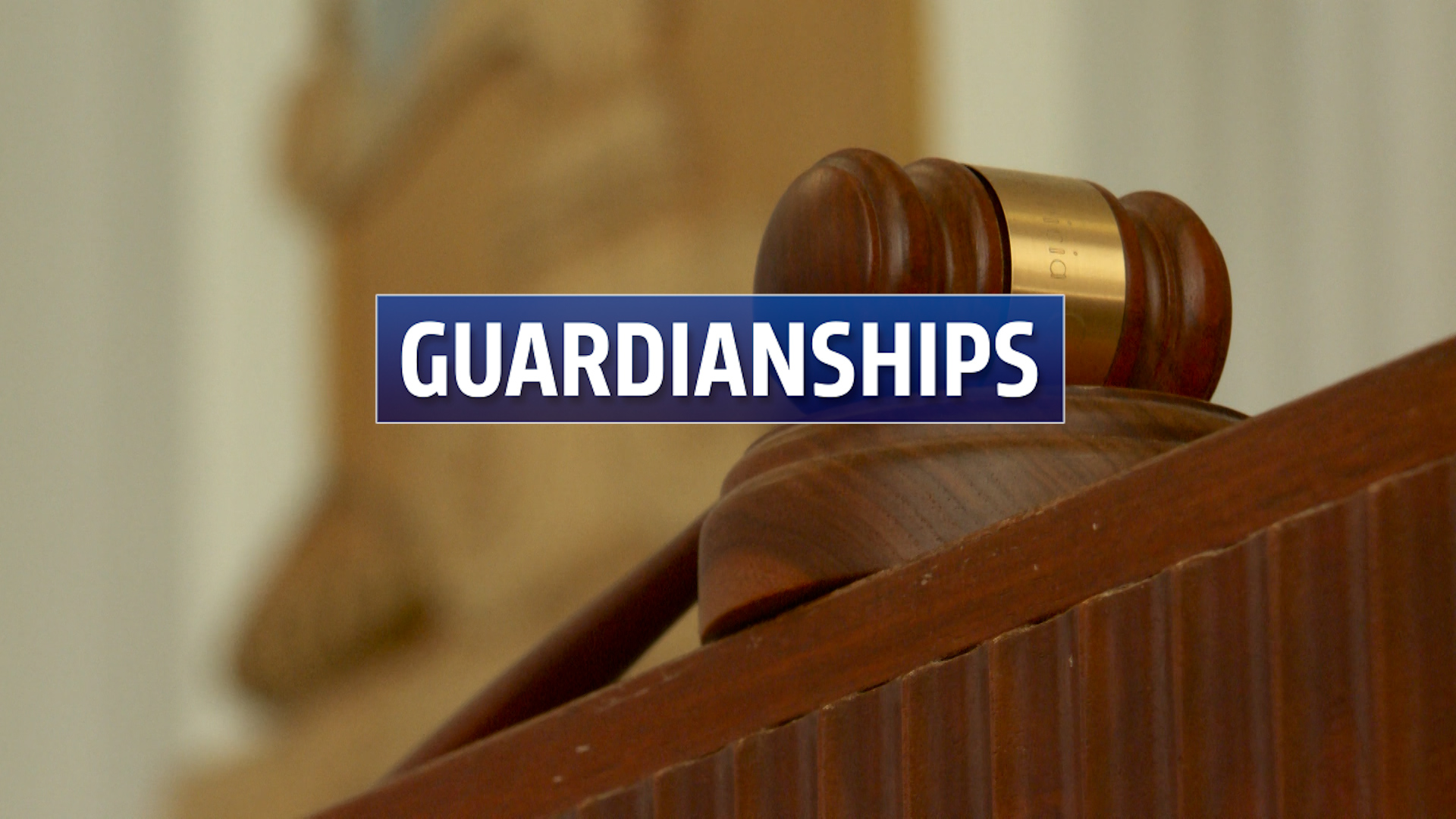A typo in the original story has been updated.
OKLAHOMA CITY (KFOR) – At this hour, 7,200 Oklahoma children are in state custody.
These kids are unable to live with their birth parents.
Some may eventually be re-united with a biological parent. Hundreds are available for adoption.
Some will age out of a system that failed to find them a forever home.
An Oklahoma-based non-profit organization founded to find homes for these kids has been told their help is unwanted.
The Oklahoma Heart Gallery is a network of child advocates who manage a database of pictures and videos of children who are available for adoption.
Several times a year for the past 19 years, photographers would donate their time and resources to shoot beautiful images of children in DHS custody.
According to the Board President for the Oklahoma Heart Gallery (OHG), Mary Beth Ede, it’s a $20,000 to $30,000 a year undertaking.
Their mission is to connect potential adoptive families with an available child.
“To me, it’s really humanizing for these kids who are in DHS care,” said Ede.
Deangelo Coberly, 18, was first featured by the Oklahoma Heart Gallery when he was 13 years old.
“A lot of those kids. they look forward to being on that website so they can have some hope,” Deangelo remembers.
He’d been in DHS custody almost his entire life.
In 2018, Deangelo was living at the Tulsa boys group home; his 27th foster home.
That same year, the Coberly family found Deangelo on the Oklahoma Heart Gallery website.
“She found his picture and said, ‘Look at him. Look at this kid!’ She kept talking about his dimples.” said Deangelo’s adoptive father, John Coberly. “Honestly, without the Heart Gallery we wouldn’t have found Deangelo. We looked through so many profiles from DHS.”
The Heart Gallery provided this service to DHS for 19 years.
Nearly two decades of pictures, videos, website maintenance and daily phone calls from potential adoptive parents.
The founder, Gay Larsen, adopted two teenagers from DHS years ago.
Larsen and the members of the board of directors for the Oklahoma Heart Gallery received a letter from DHS earlier this year, notifying them the DHS would “not be renewing” the relationship.
“After all this time and all this money and all this work that we did, it was mind-blowing,” Larsen said.
The notification from DHS Child Welfare Services provided little explanation.
According to the letter, Director Deborah Shropshire wrote, “Over the last few years our understanding and approach to the recruitment of adoptive homes has evolved… Our work with the Oklahoma Heart Gallery just doesn’t align as well now as it did in the past, and for that reason I want to notify you that we will not be renewing the Memorandum of Understanding between Oklahoma Human Services and the Oklahoma Heart Gallery. In addition, the effort to develop a system to photograph children needing a foster placement will not be a strategy which we will advance further.”
“The tone came off a bit rude and dismissive,” said Ede. “Just to have somebody say, ‘Oh. Thanks. We don’t need you.’ It really. It was a gut punch.”
Keep in mind, this was a free service to find homes for kids.
Every expense was paid by Oklahoma Heart Gallery, including a brand new, customized website portal created by the Oklahoma Heart Gallery at the request of DHS.
Today, the Heart Gallery and DHS are embroiled in a legal battle over who owns the rights to the pictures and video produced by OHG volunteers.
The database is thousands of images produced over 19 years of trying to help.
“We would have appreciated at least some modicum of respect for the amount of time and effort and energy and money that we put into this over the years. It’s not a small endeavor,” Ede said.
KFOR requested an interview with DHS. We asked for a legitimate reason why the state would turn away free help finding homes for children.
The agency initially offered this vague statement:
“We are eternally grateful to the organizations and volunteers who utilize their time and talent to elevate awareness that improves lives of children and families. OK-DHS has a goal to reduce or eliminate the amount of trauma experienced by children and youth, heal and strengthen families and communities, and build alternative supports for child safety and wellbeing. We continue to refine and evolve our strategies, approach and partnerships to meet that goal based on evidence-based best practices.”
OK DHS Spokesperson
DHS has refused to answer any questions about the partnership between the agency at the Oklahoma Heart Gallery. On the day of this broadcast, a spokesperson offered this additional statement in an effort to clarify the decision to terminate the service.
“We are eternally grateful to the organizations and volunteers who utilize their time and talent to elevate awareness about the needs of children and families, including those involved with The Heart Gallery. OKDHS’s goals include reducing or eliminating the amount of trauma experienced by children and youth and healing and strengthening families, while simultaneously prioritizing child safety and wellbeing. We continue to refine and evolve our strategies and partnerships to meet these goals based on evidence-based best practices. To that end, we are continually concerned about creating secondary trauma for children that yields few outcomes, which includes a growing concern in recent years about creating a digital footprint on behalf of children that will last their lifespan. Our decision to part ways with The Heart Gallery was grounded in our priority to protect the lifelong wellbeing of the children and youth we serve.”
OK DHS Spokesperson
Oklahoma is one of at least 47 states with an online gallery of available children in state custody.
In fact, Oklahoma children are currently featured on the website Raise The Future presumably with the support of the Department of Human Services.
News 4 also requested twelve months of internal communications between DHS administrators and adoption services around Oklahoma. We were hoping for more insight about why the DHS has shut out the Heart Gallery while apparently supporting other organizations with a similar focus.
KFOR’s Ali Meyer made the request in July. We have been waiting three months for DHS to comply with the Open Records Act and release these public records.
Regarding the request, a DHS spokesperson emailed this update in September:
“We are processing your request under the Open Records Act. Due to the volume of your request, we do expect that the response will likely take months, as to date it has returned in excess of 50,000 pages for review. We do expect there will be even more records at the conclusion of our search. As many of our records are confidential in nature under state statute, we will need to review all these records for possible redaction before sharing them with your station. We do intend to respond in a reasonable manner and appreciate your patience.”
OK DHS Spokesperson
